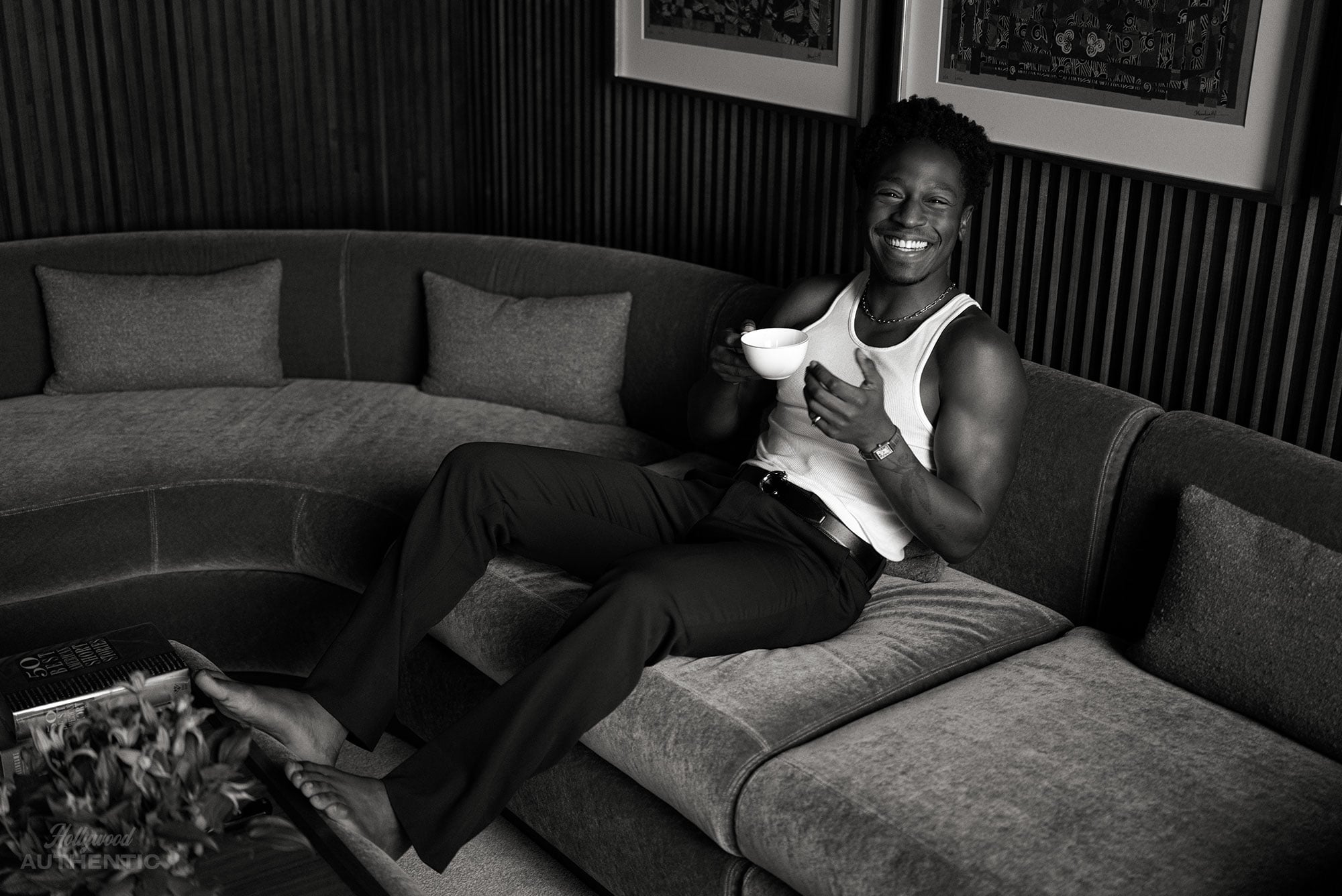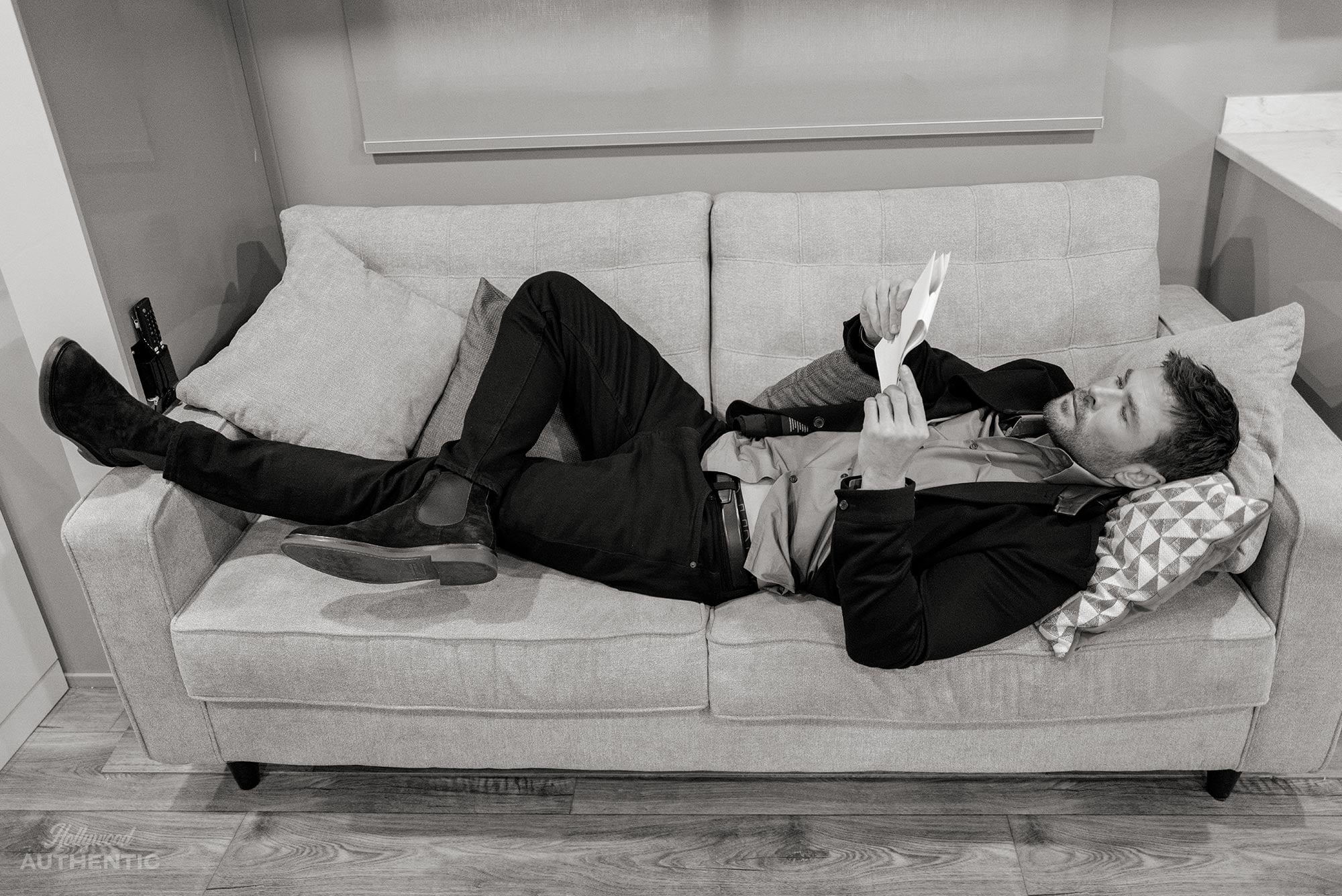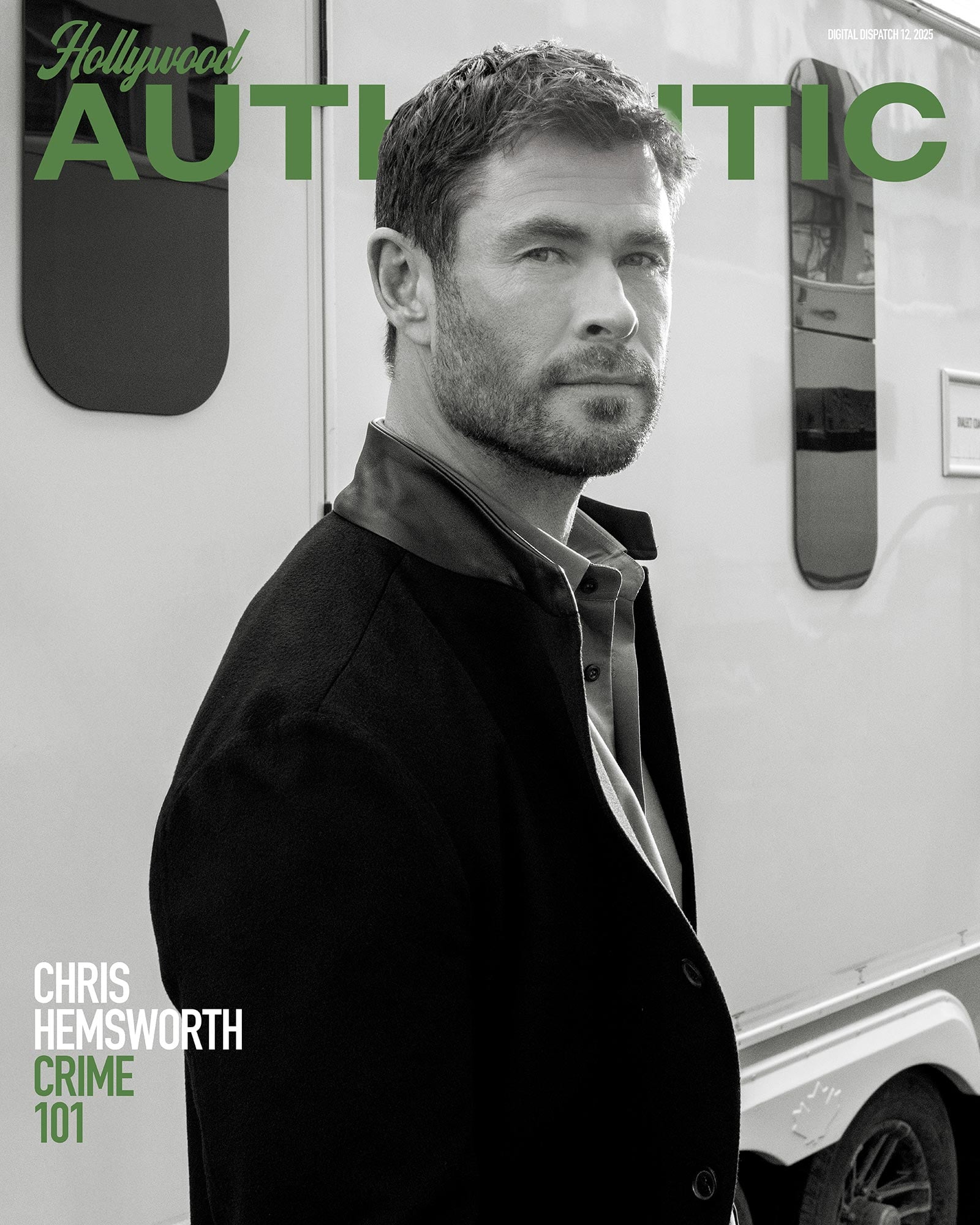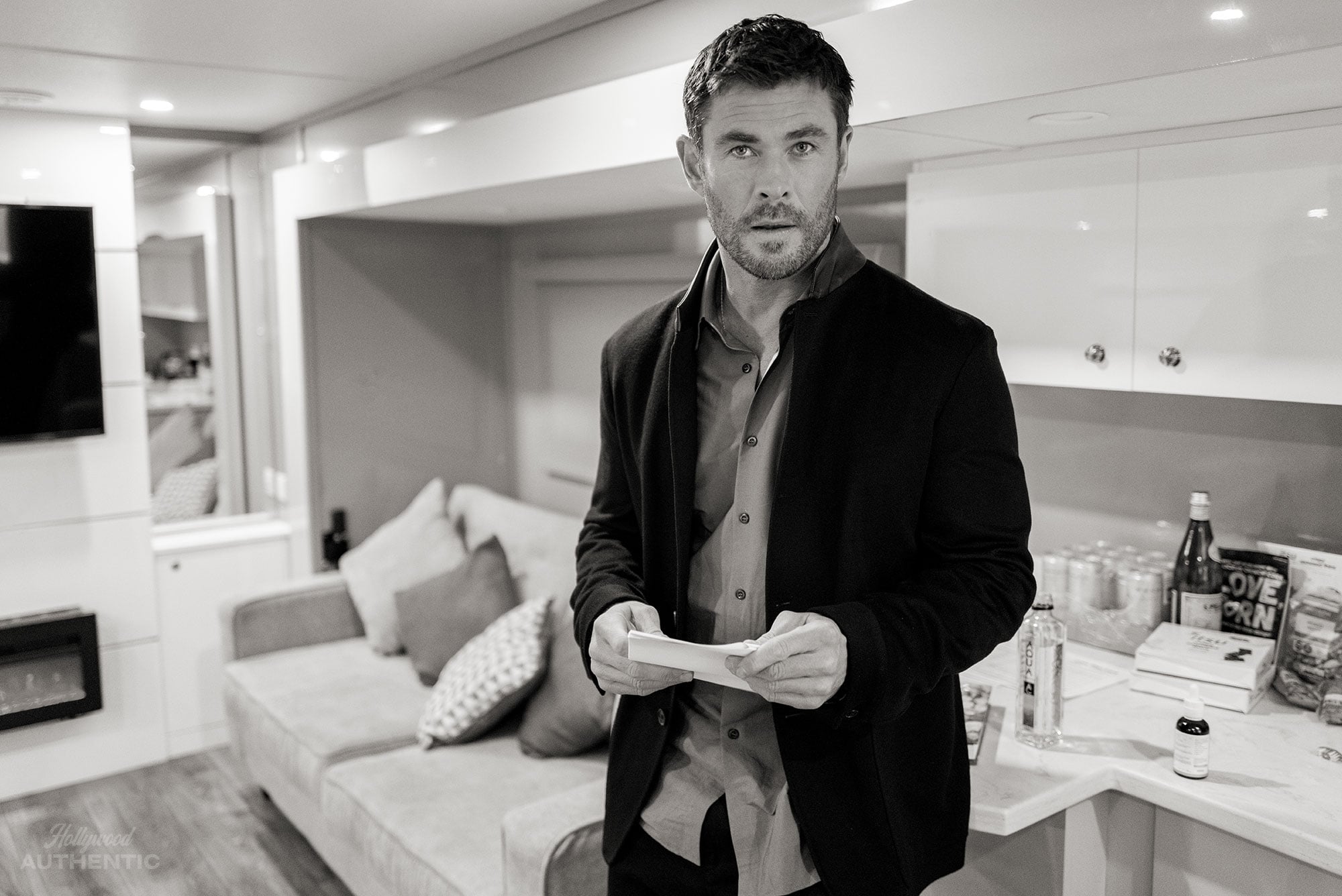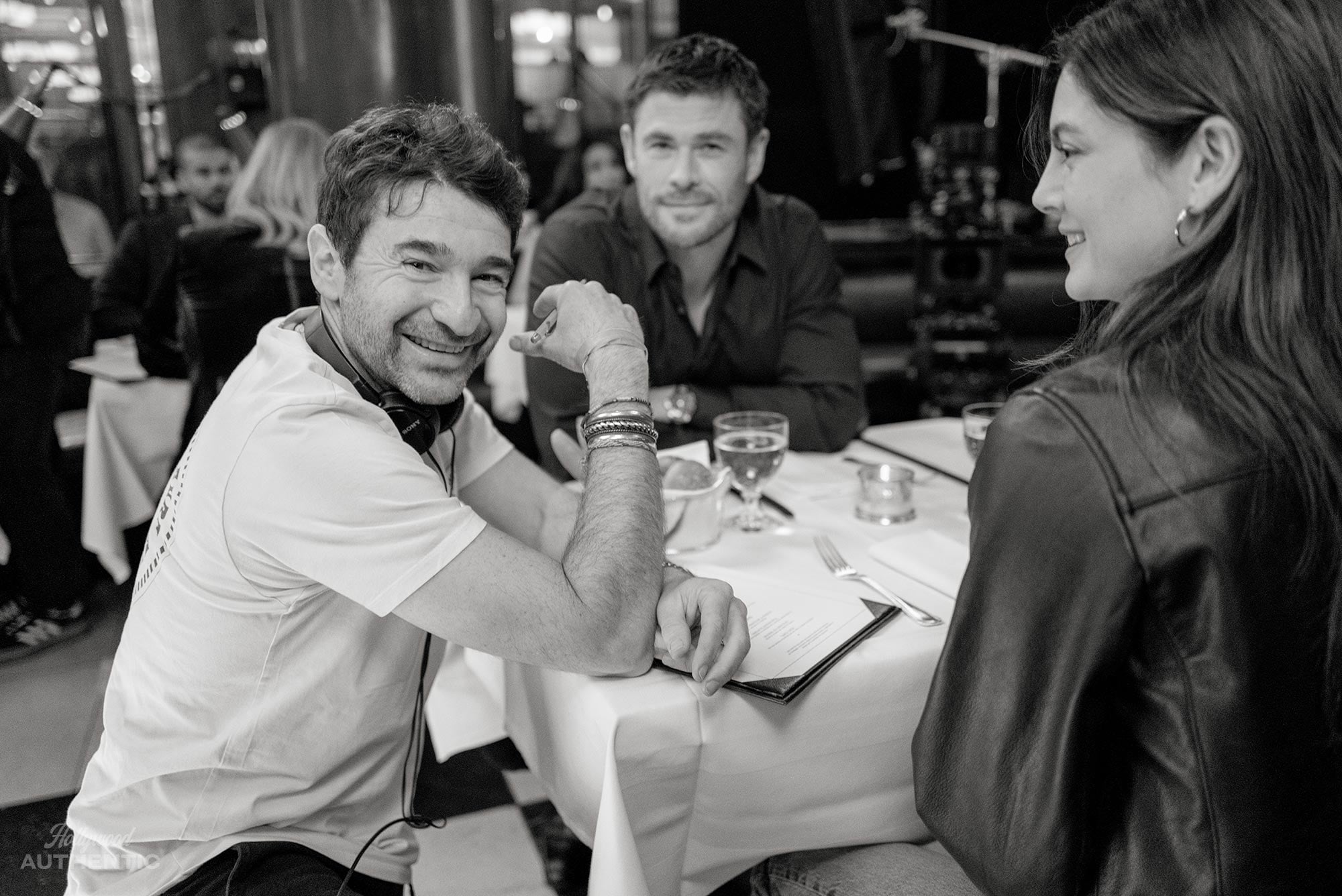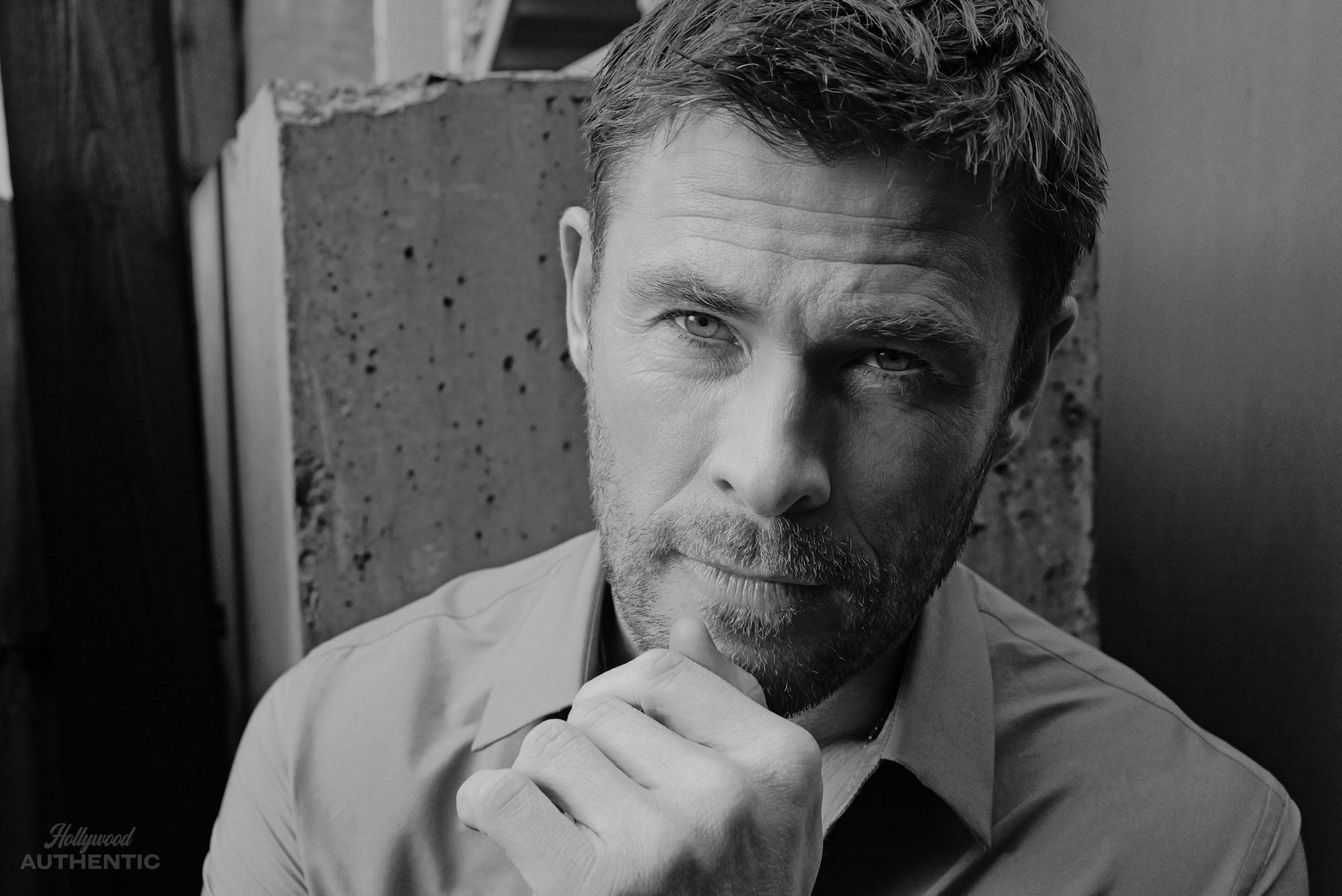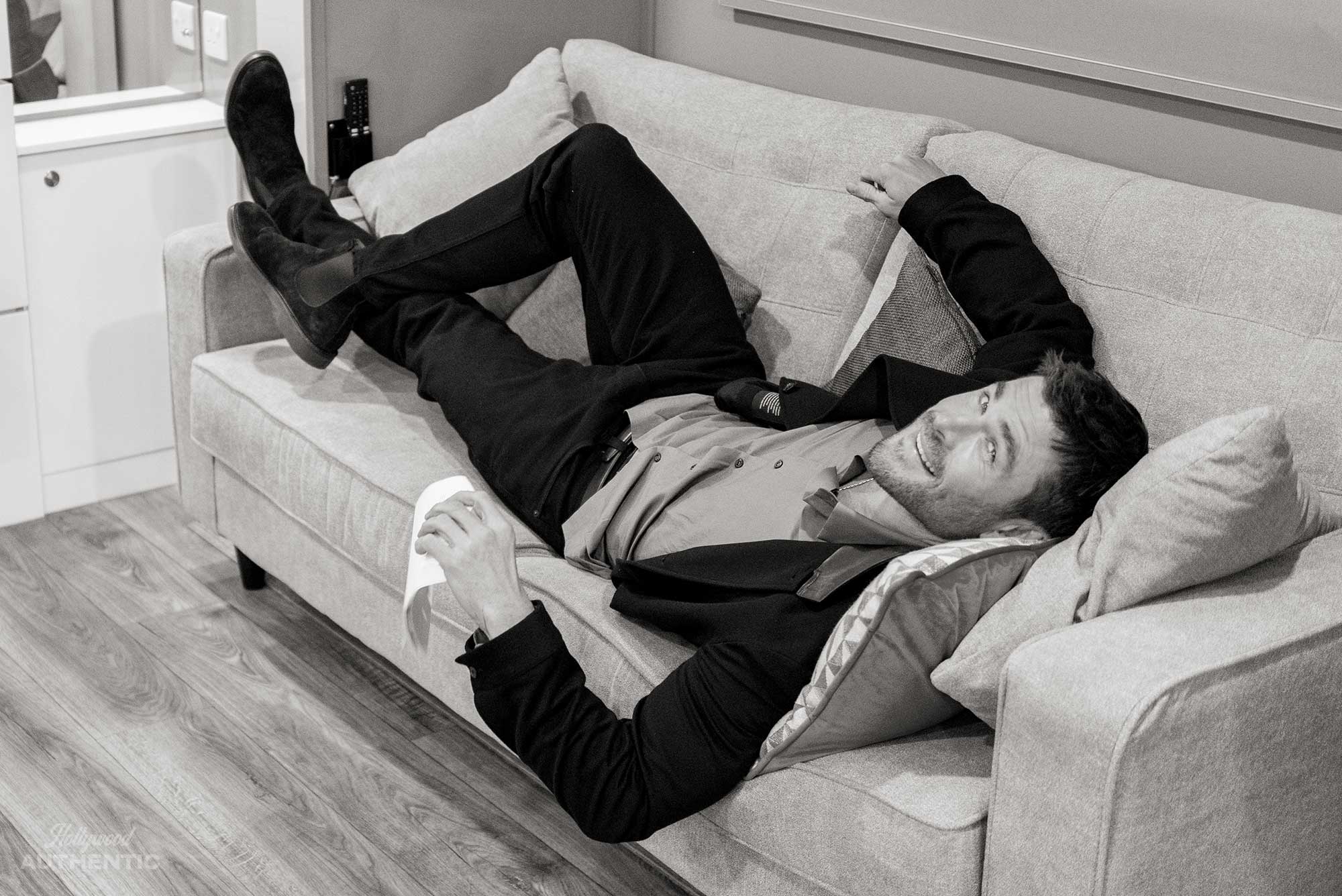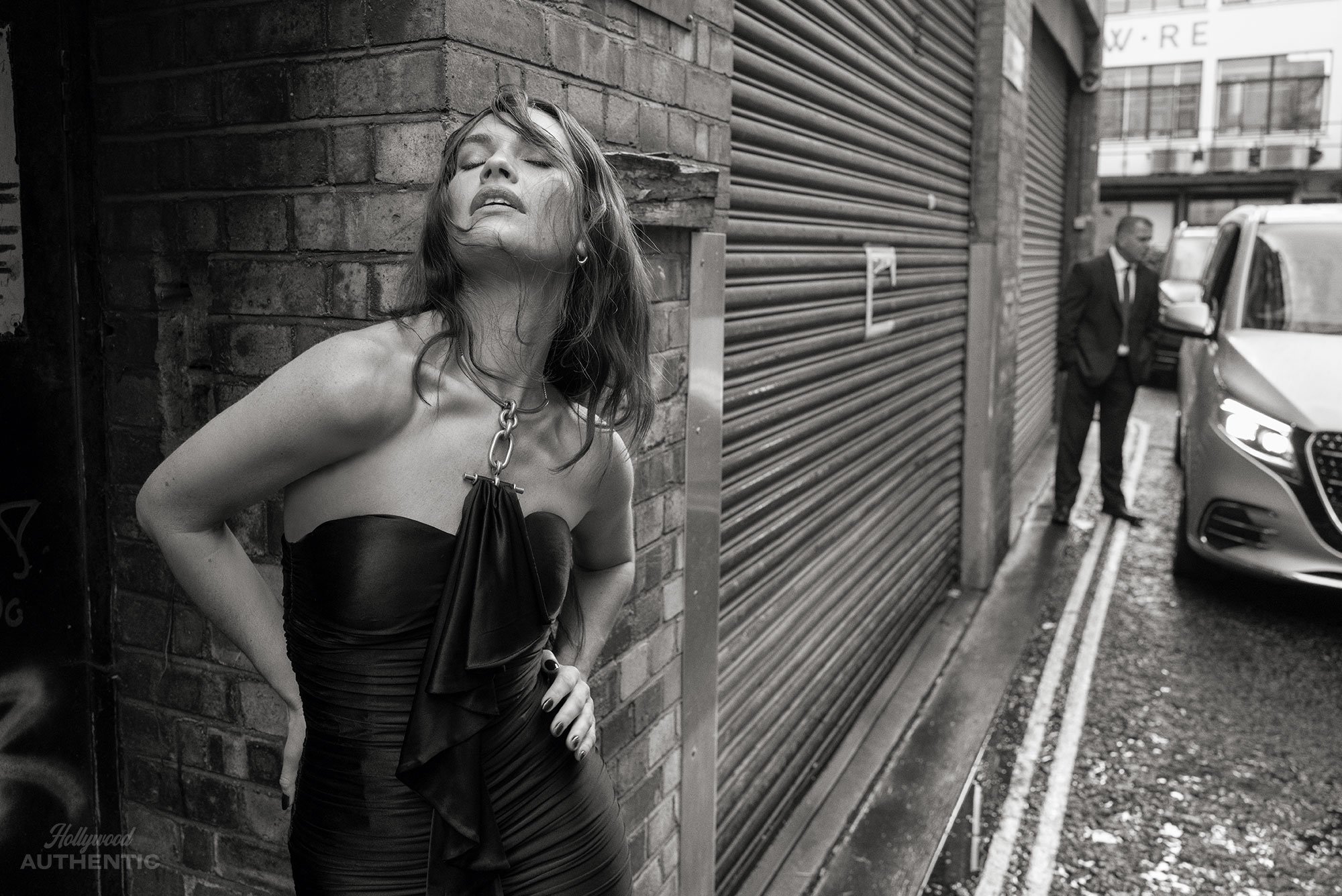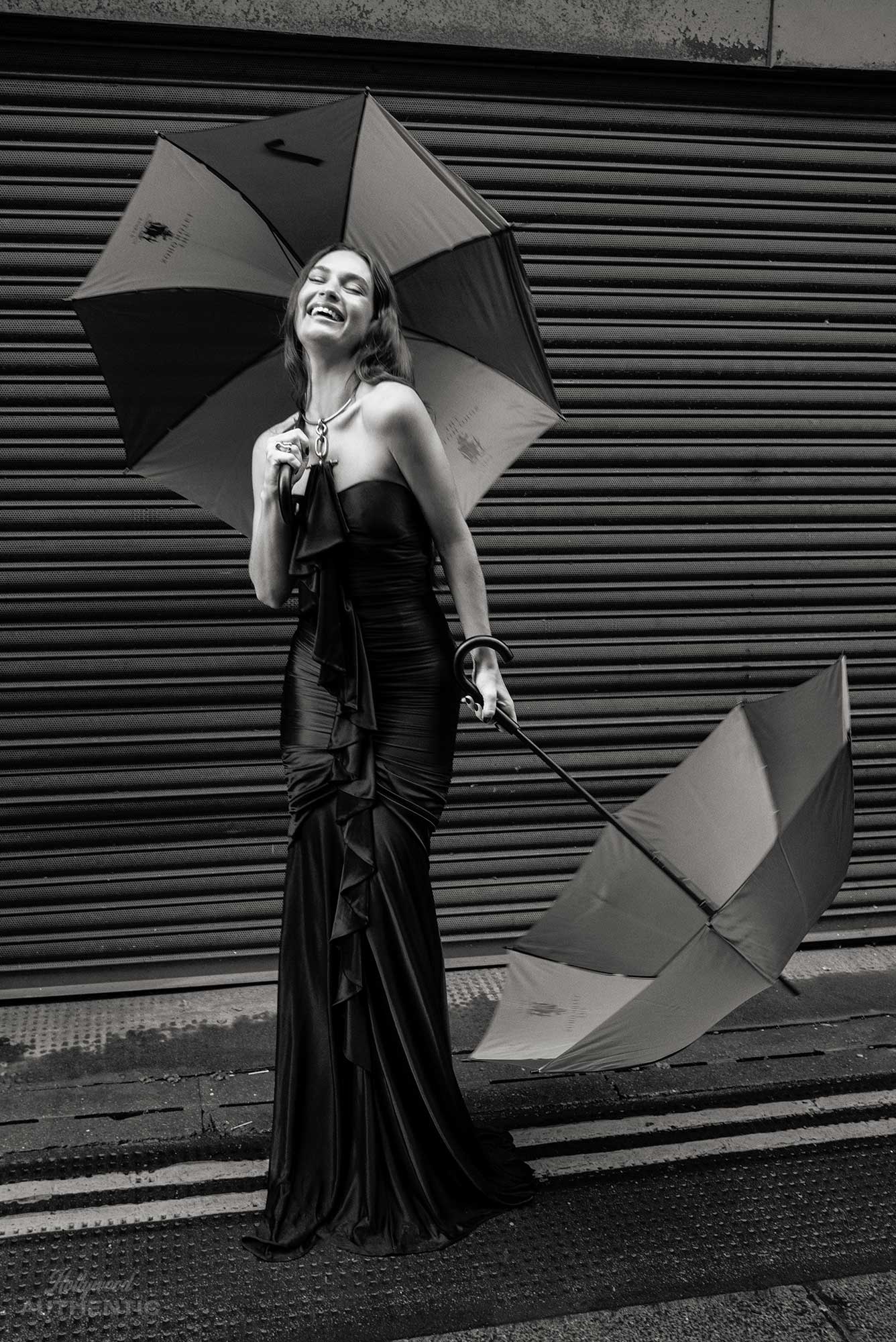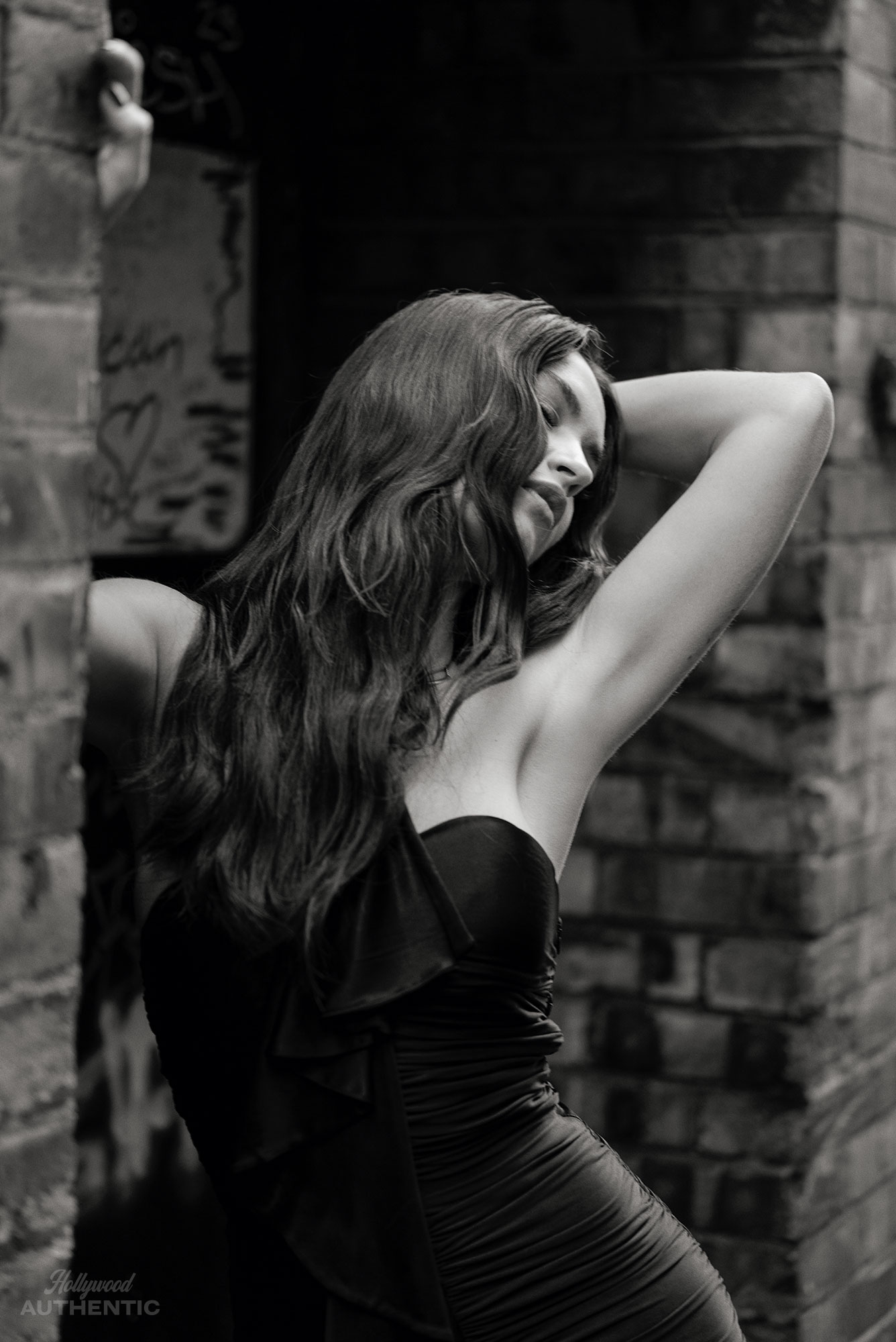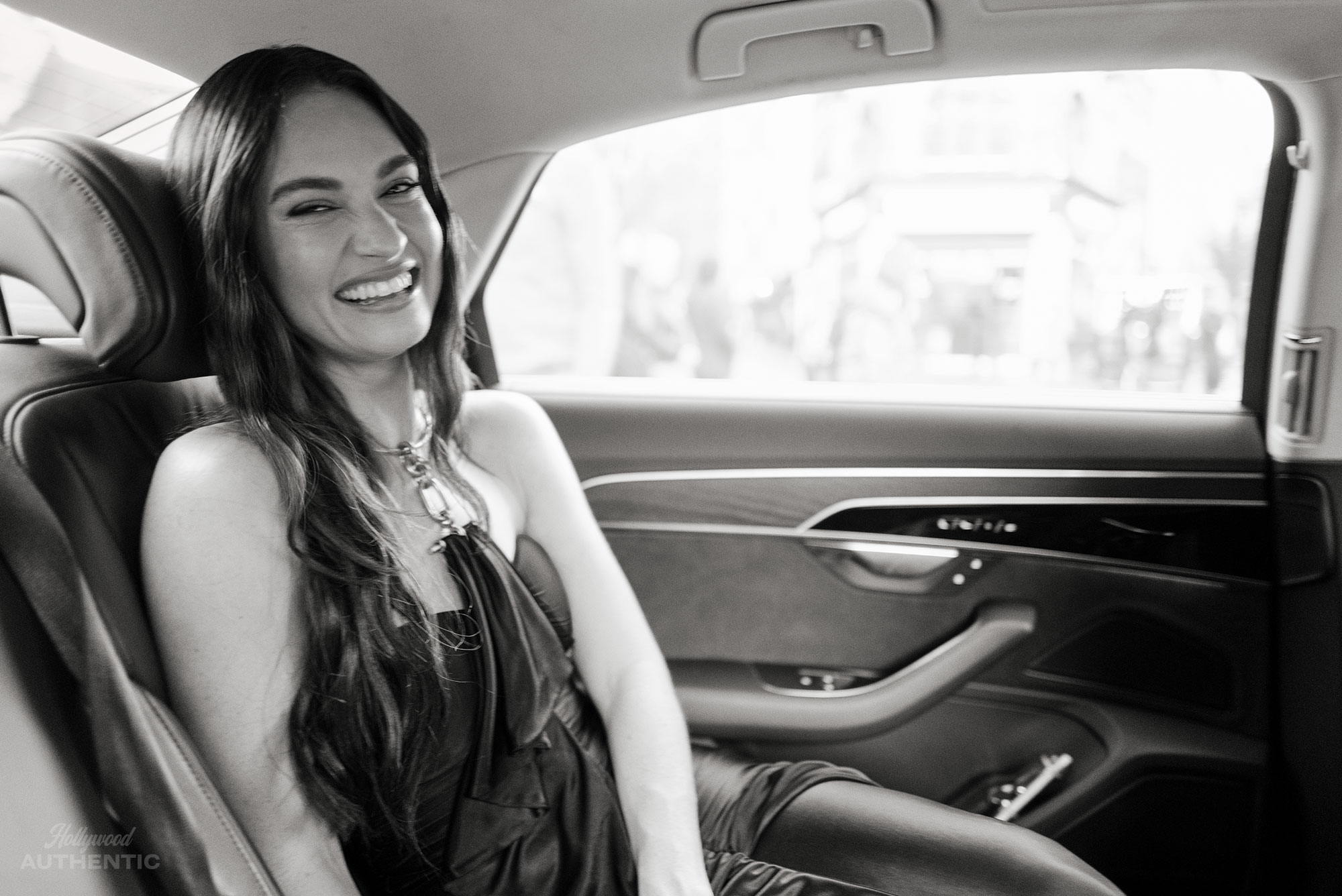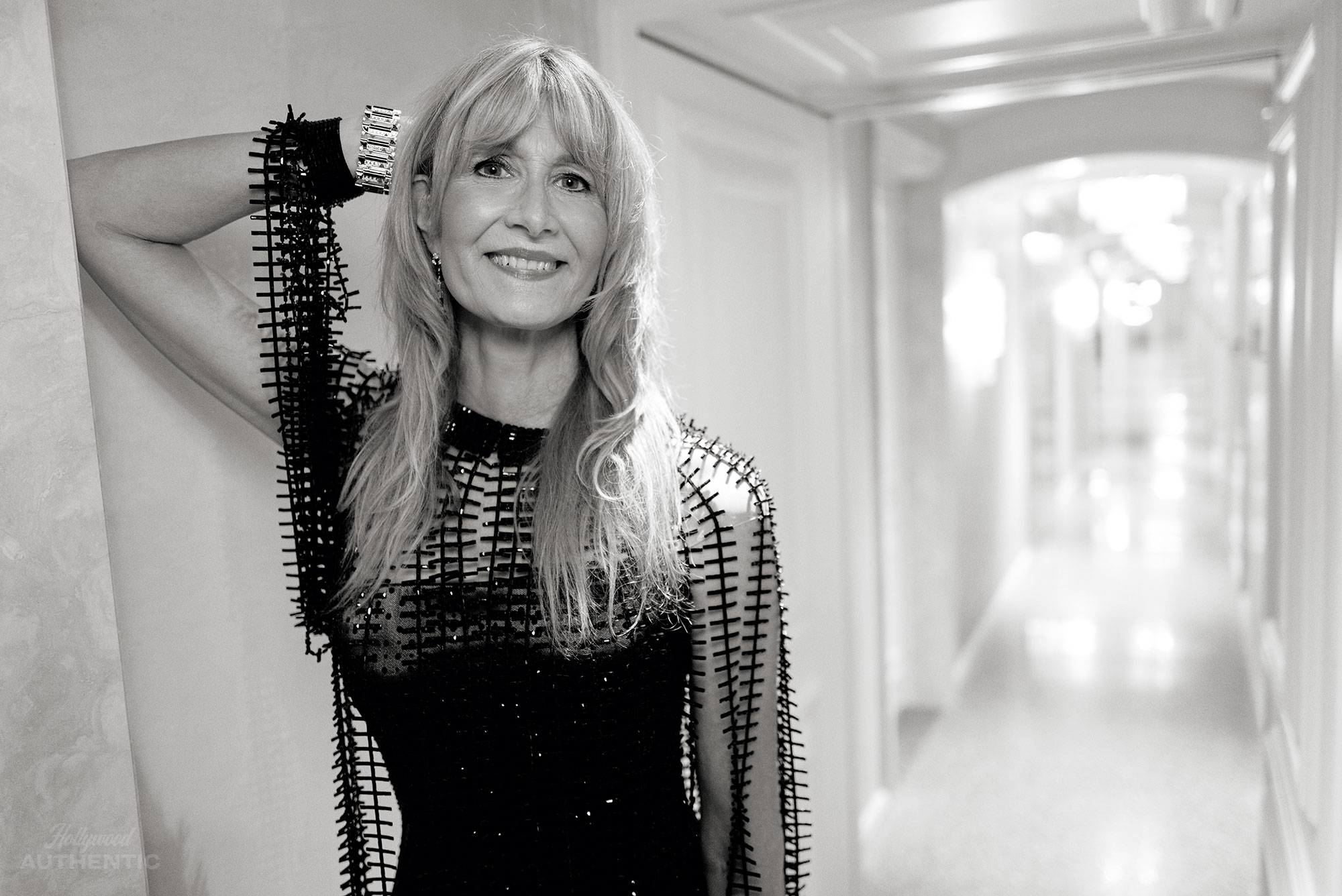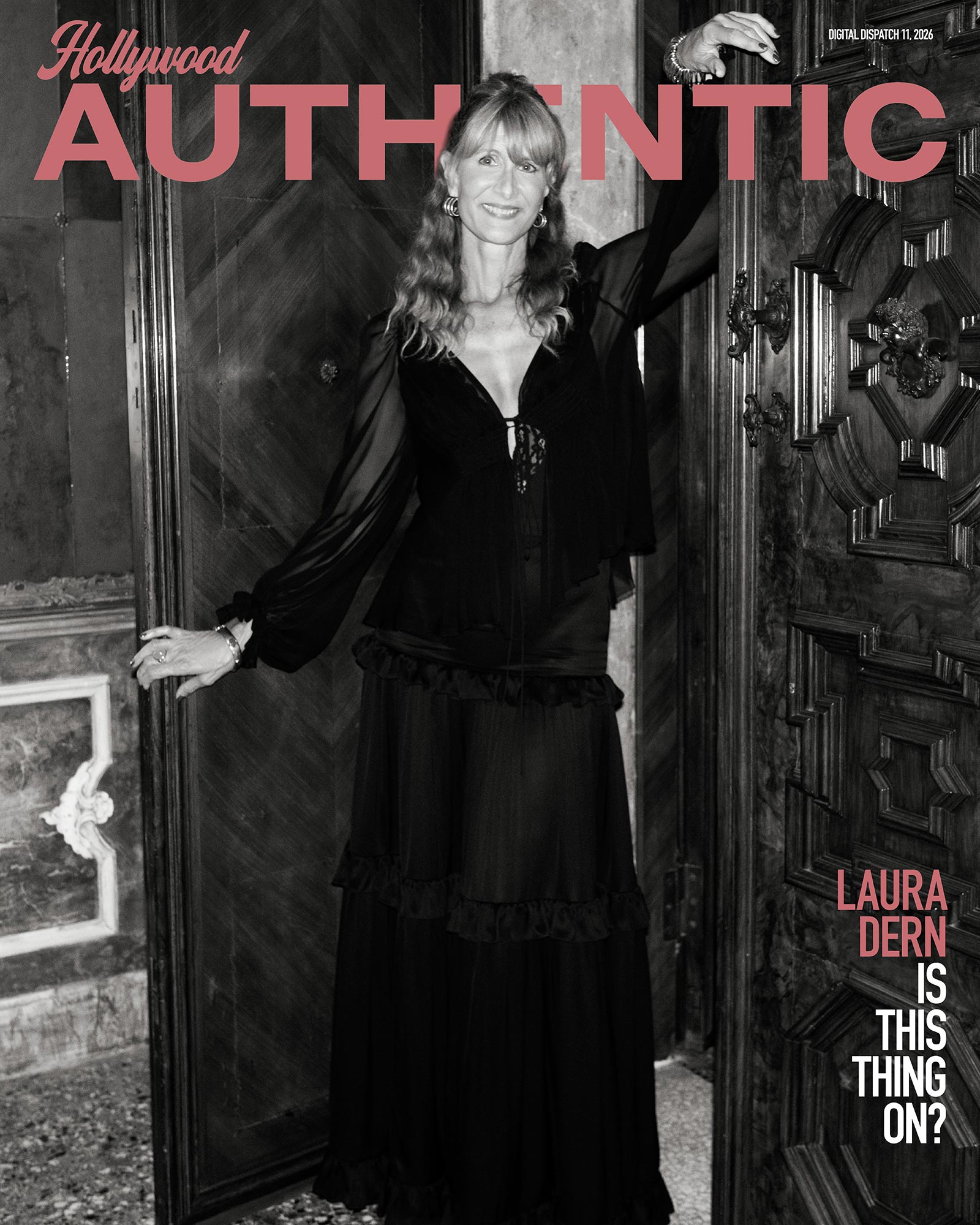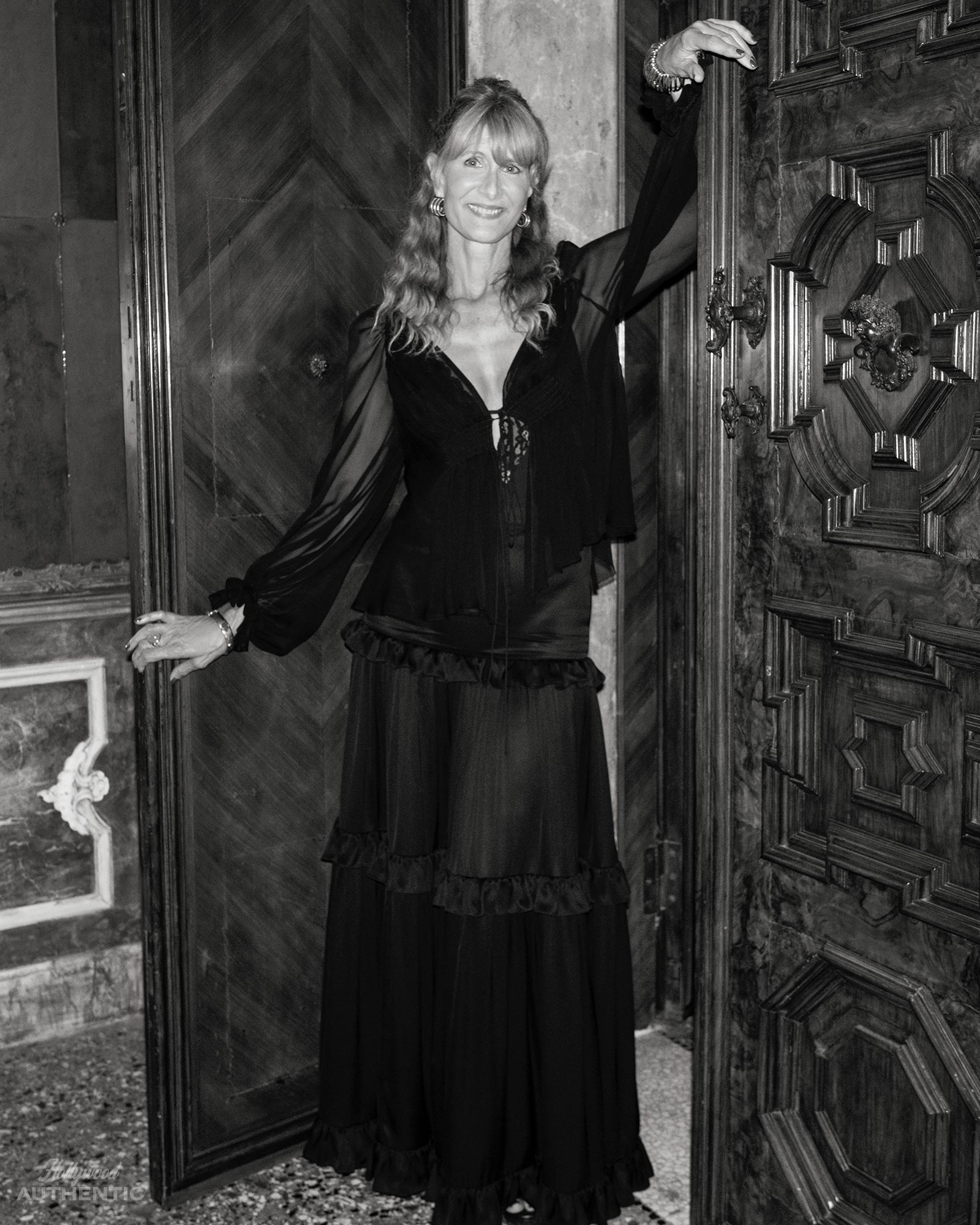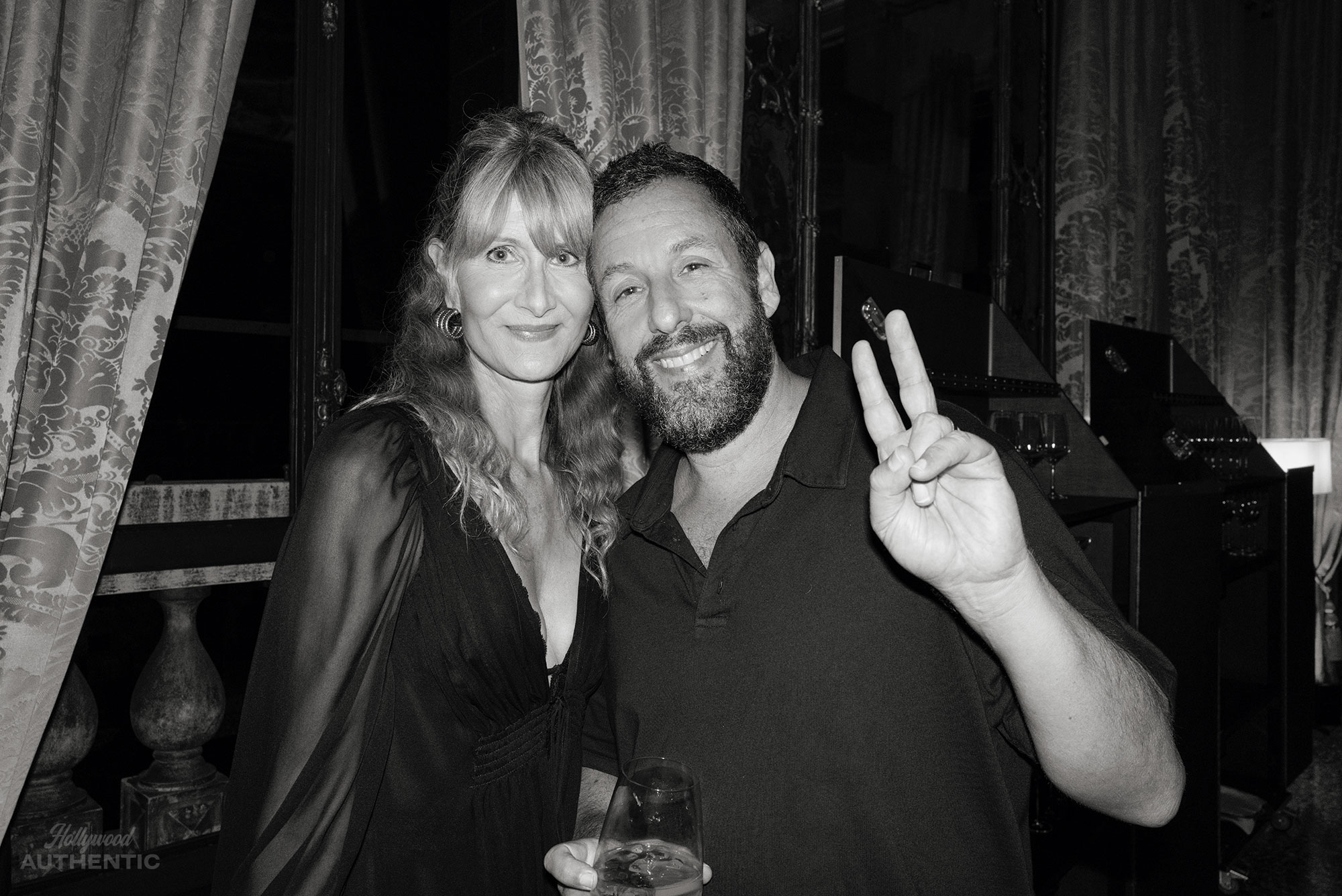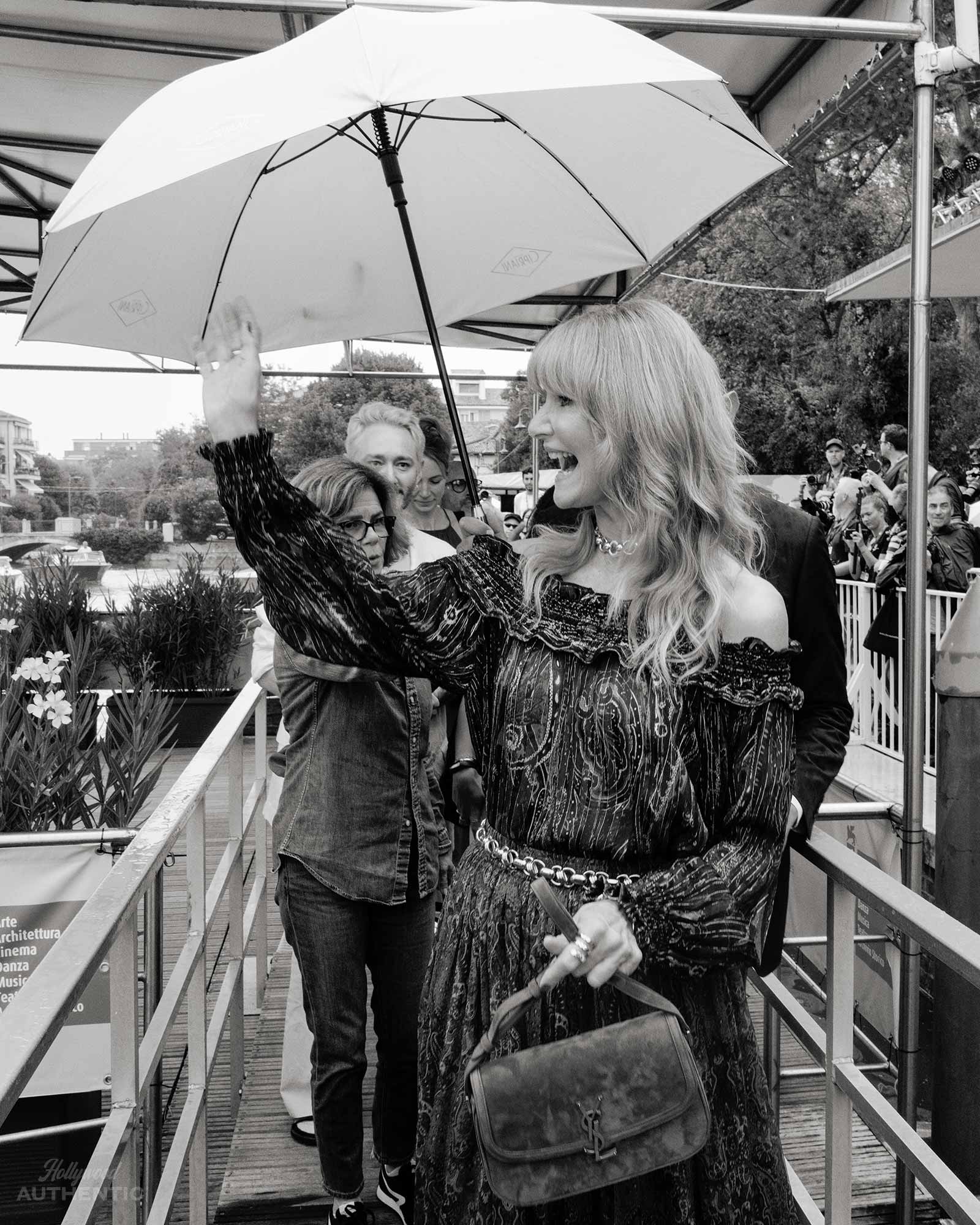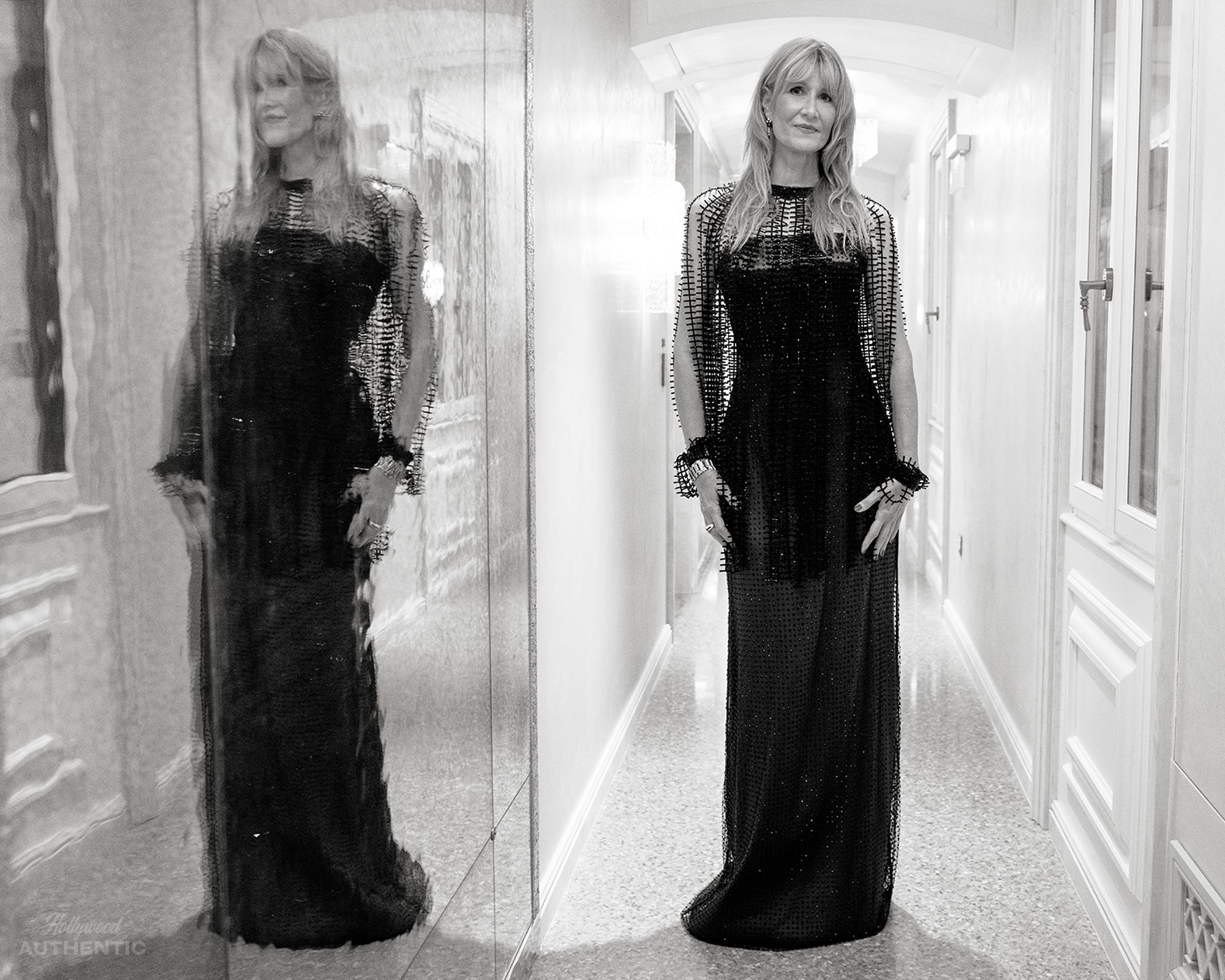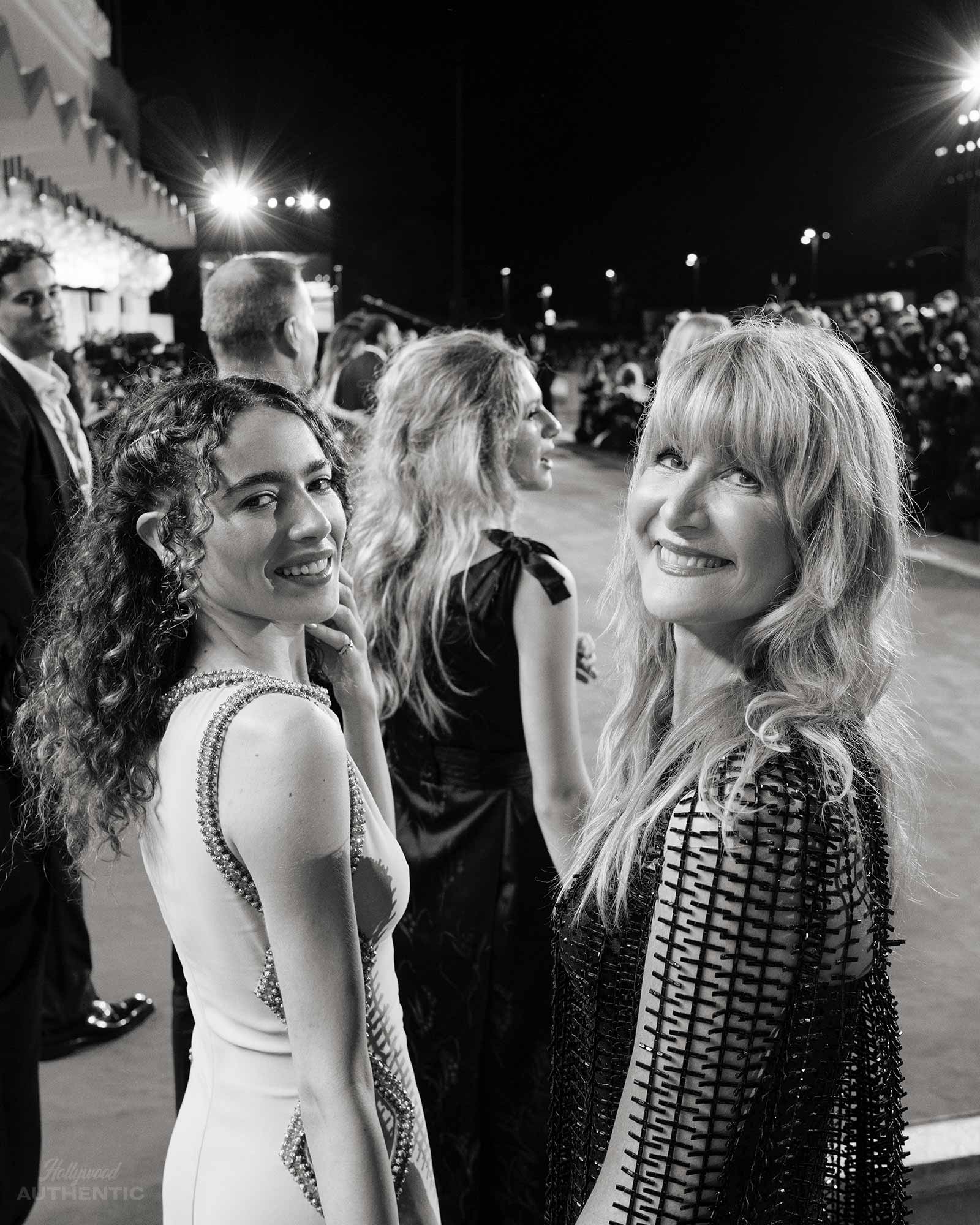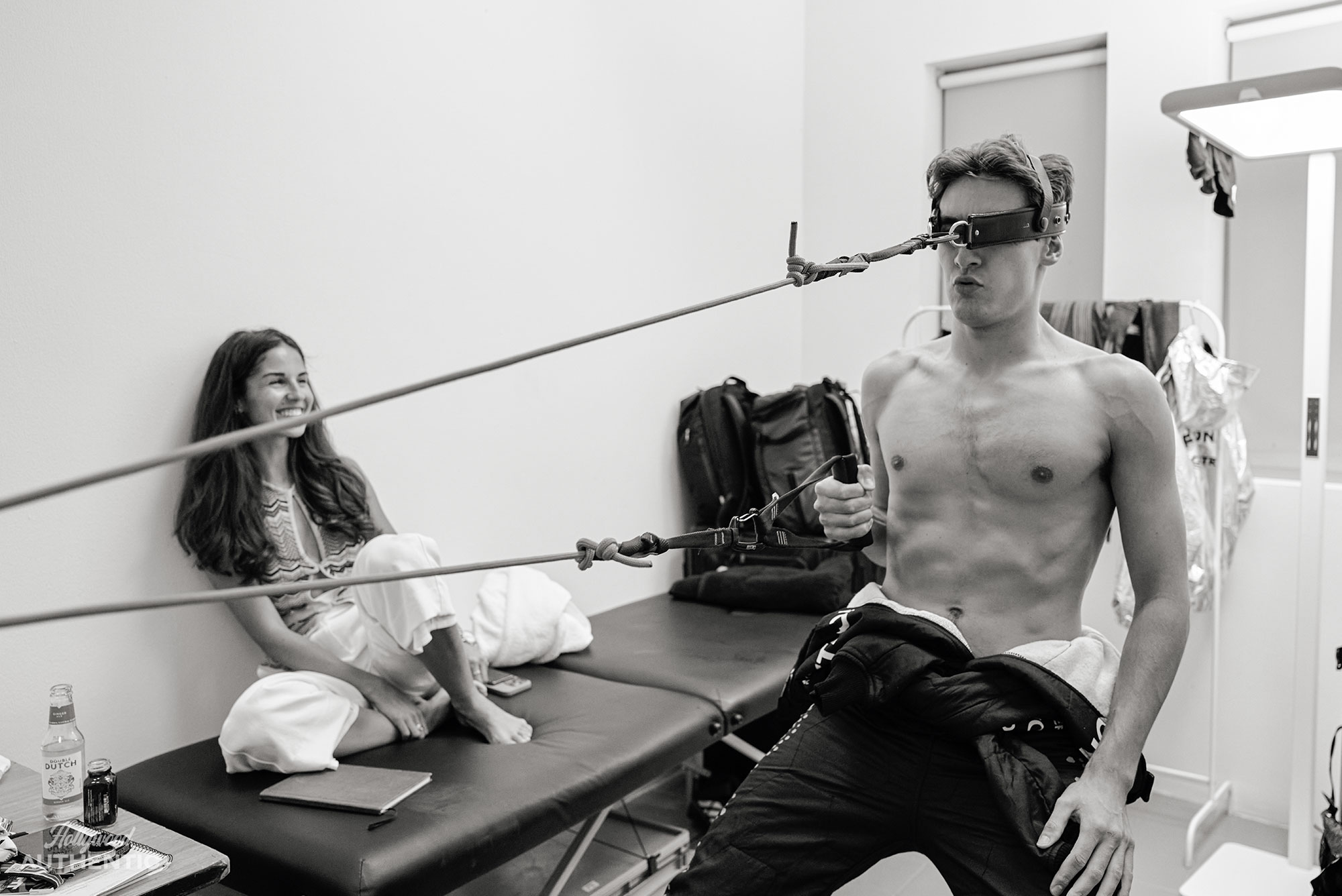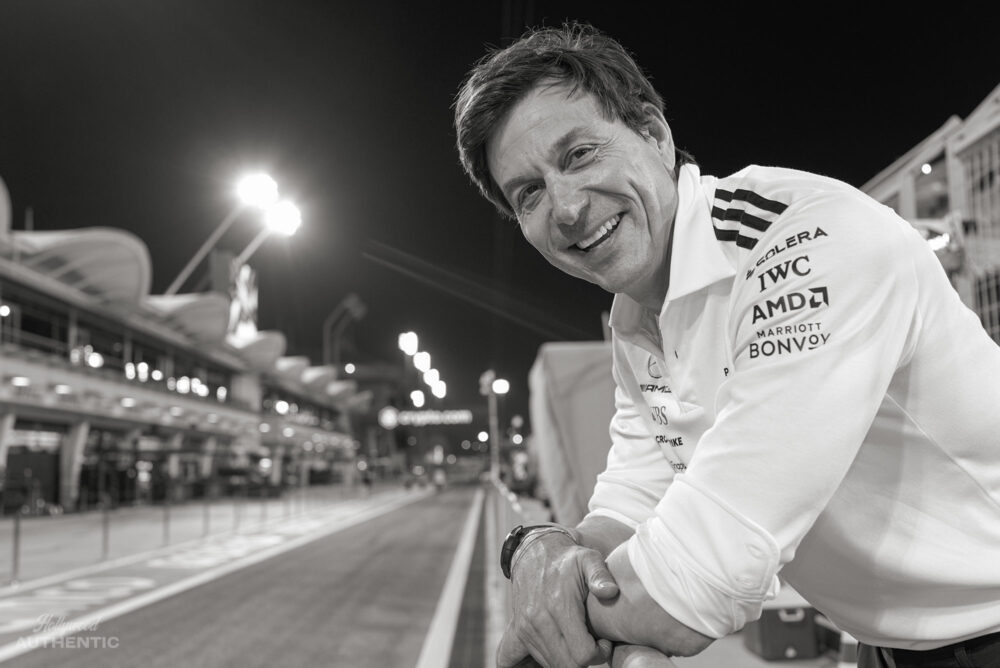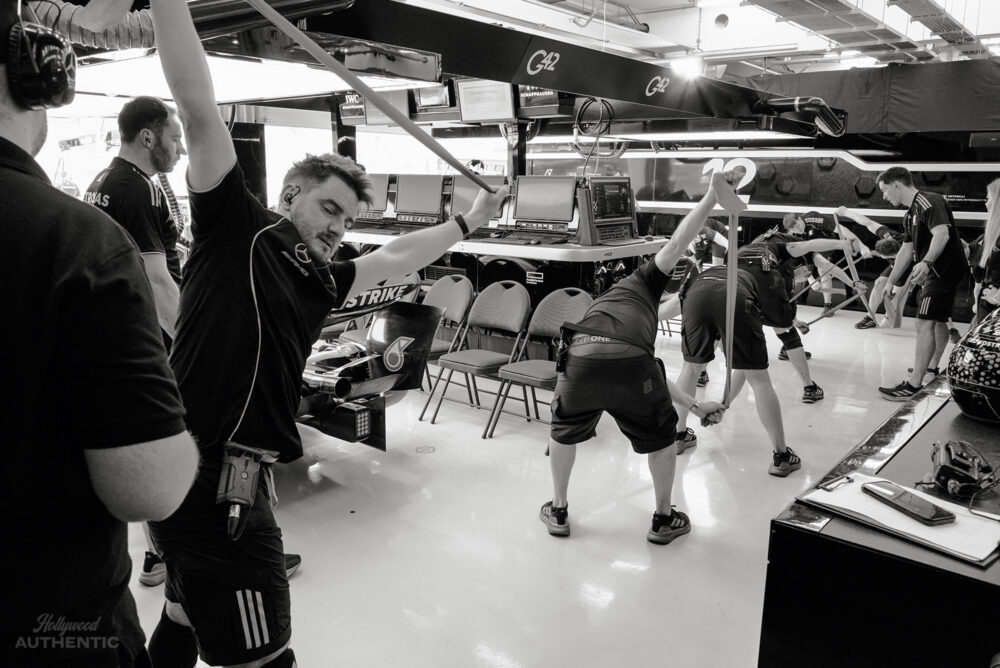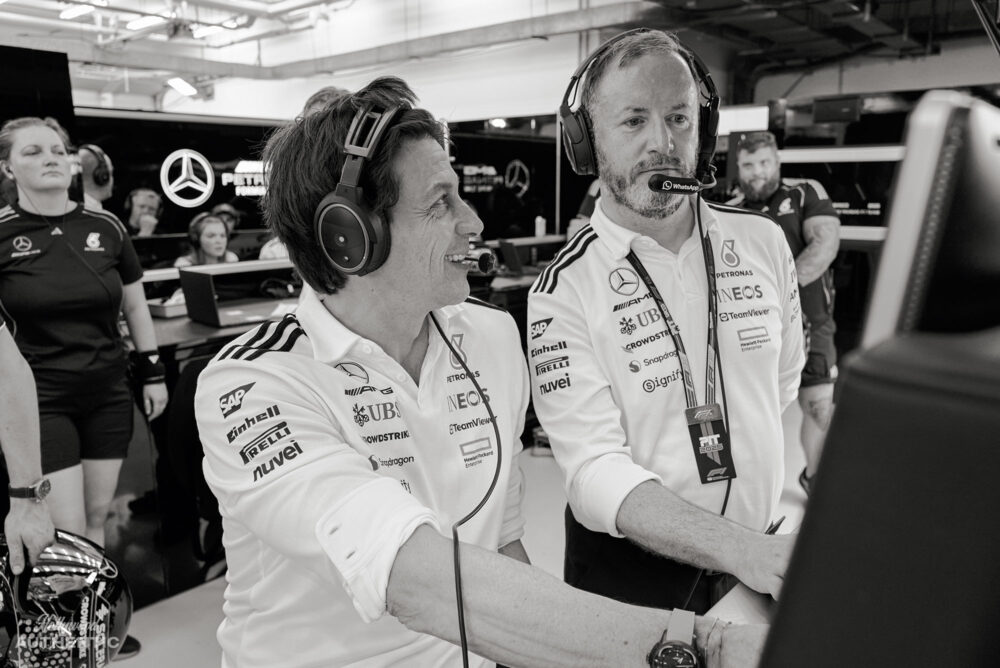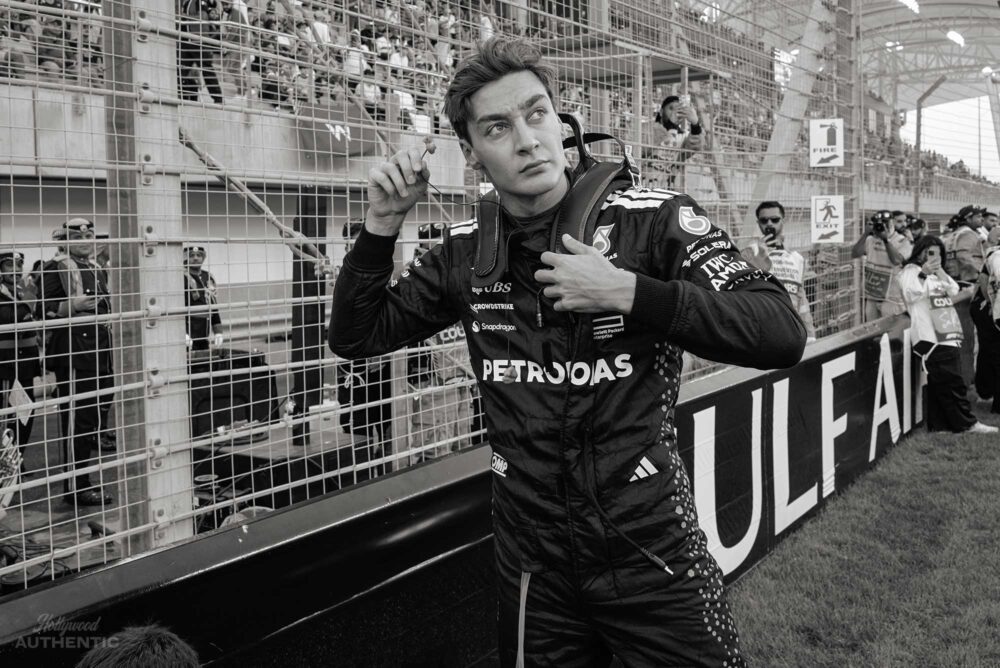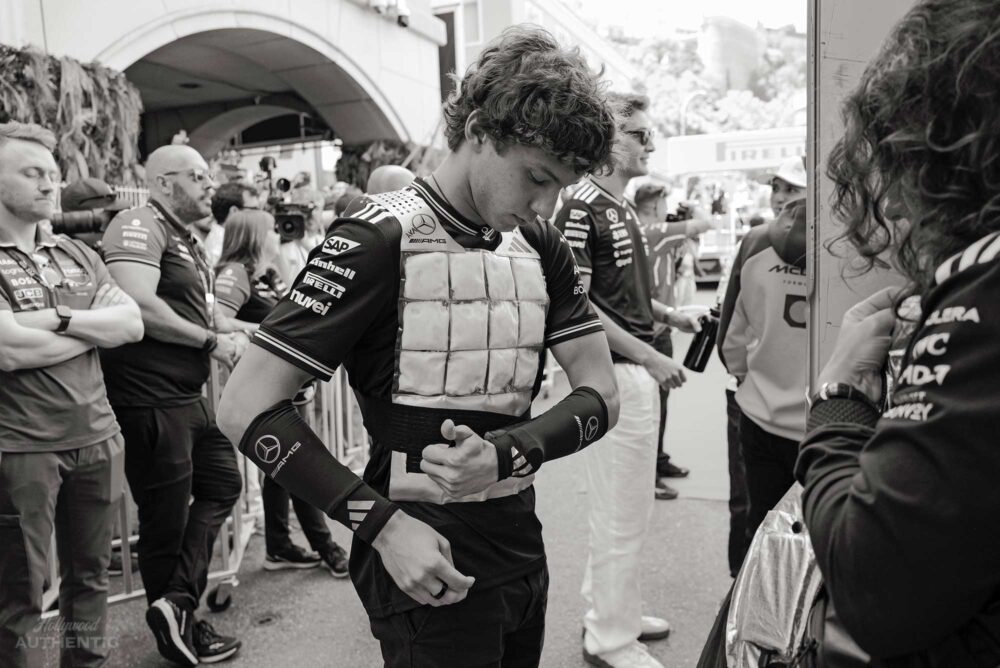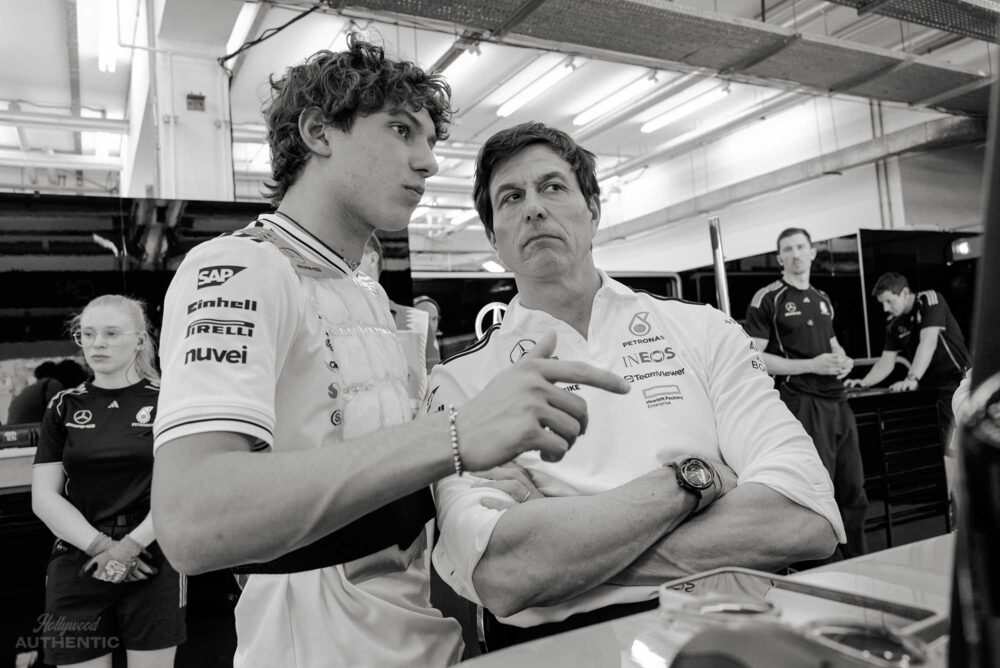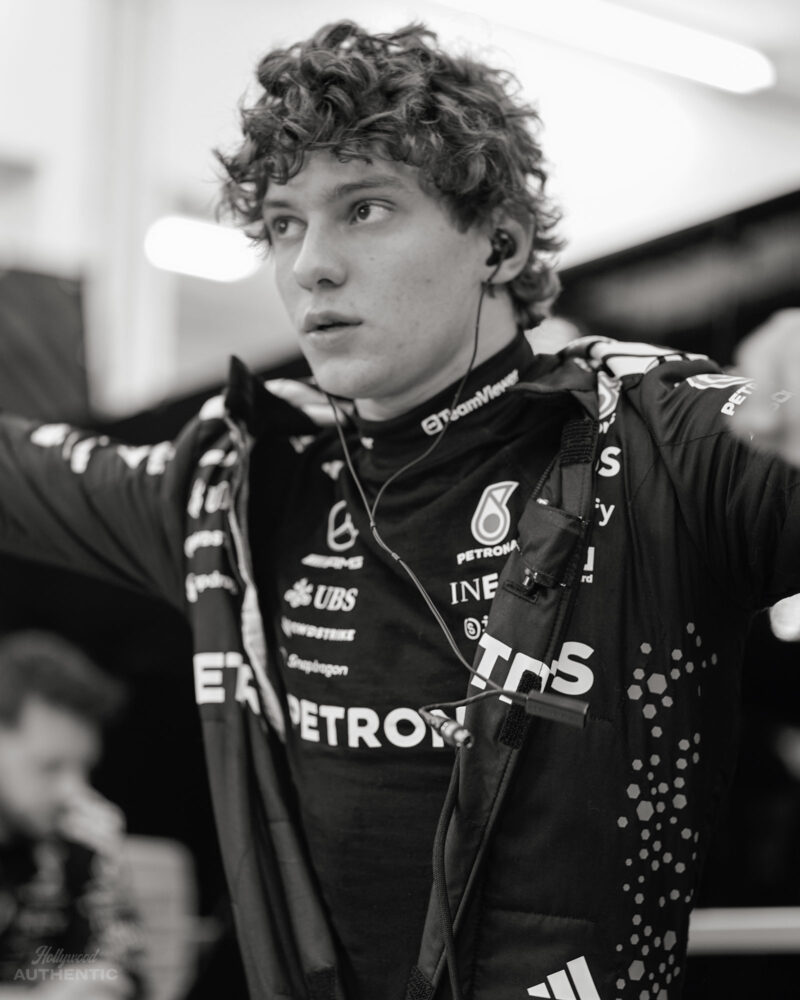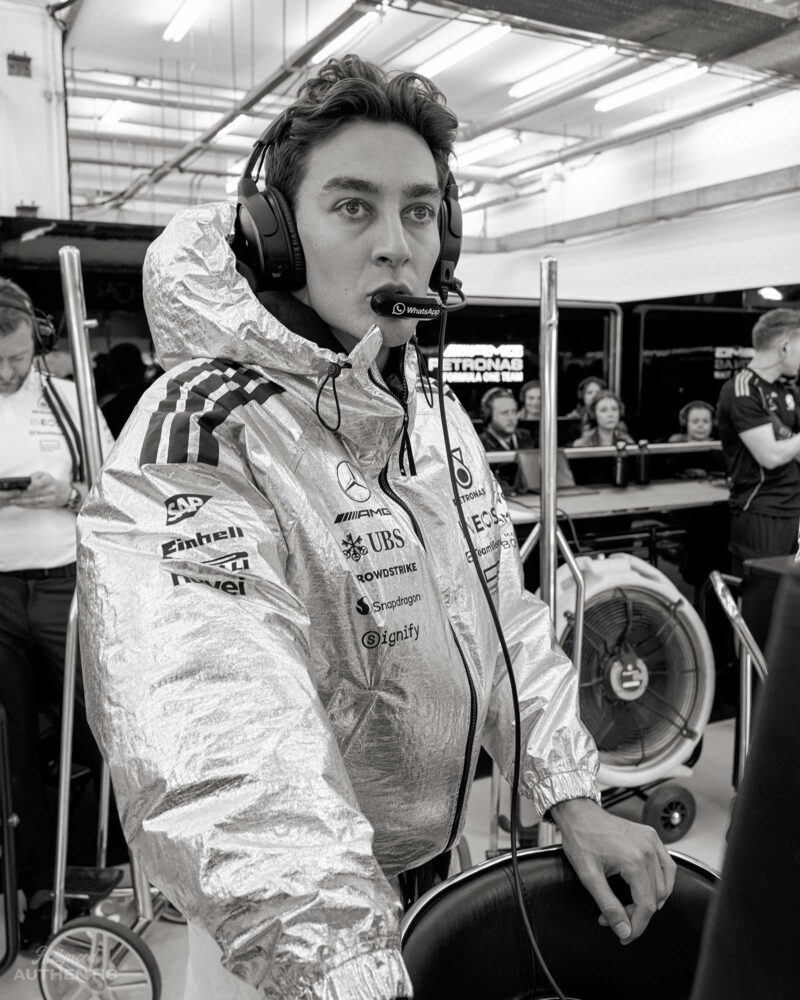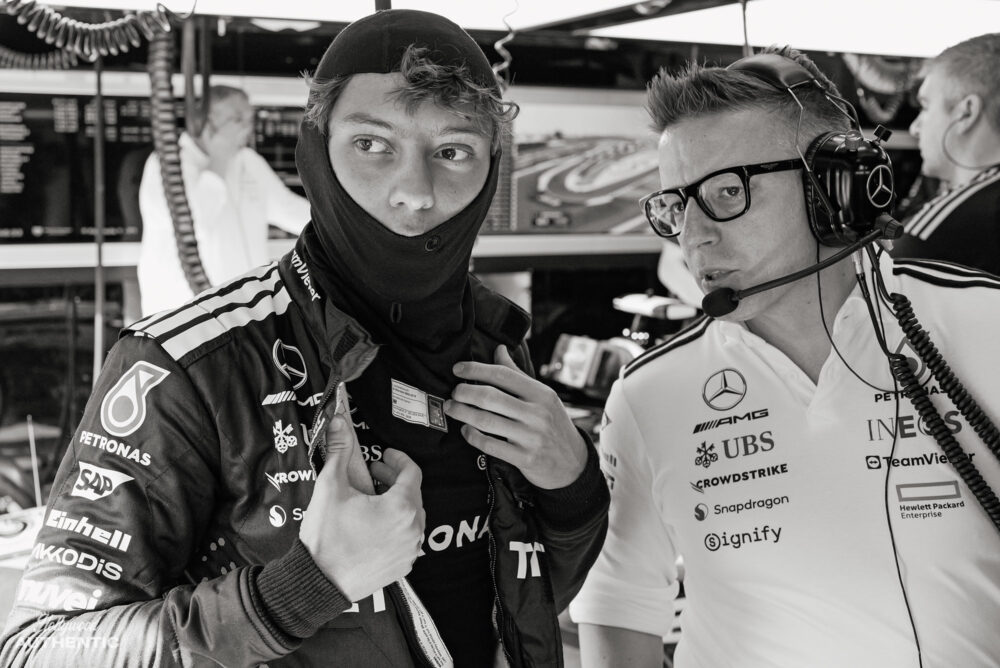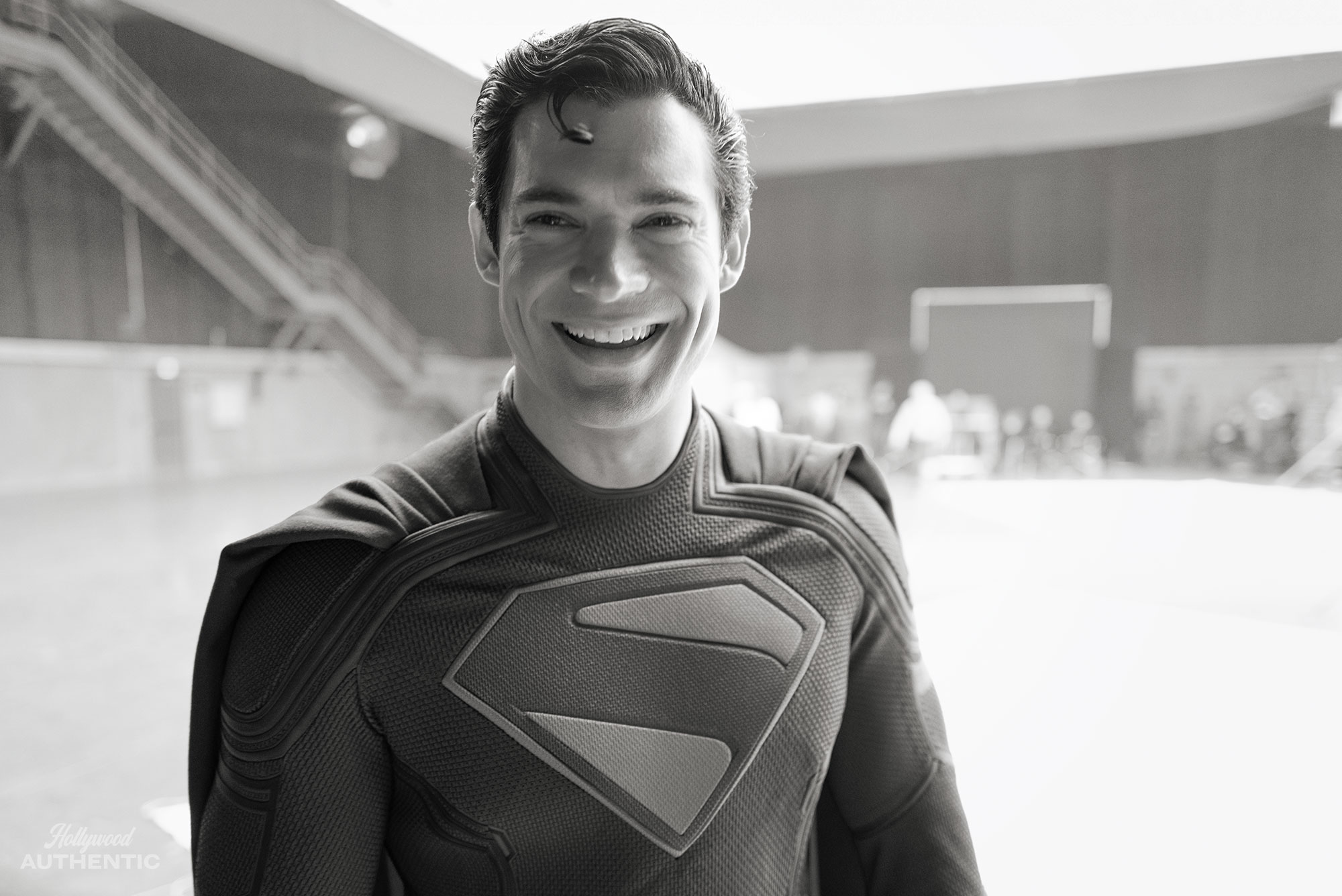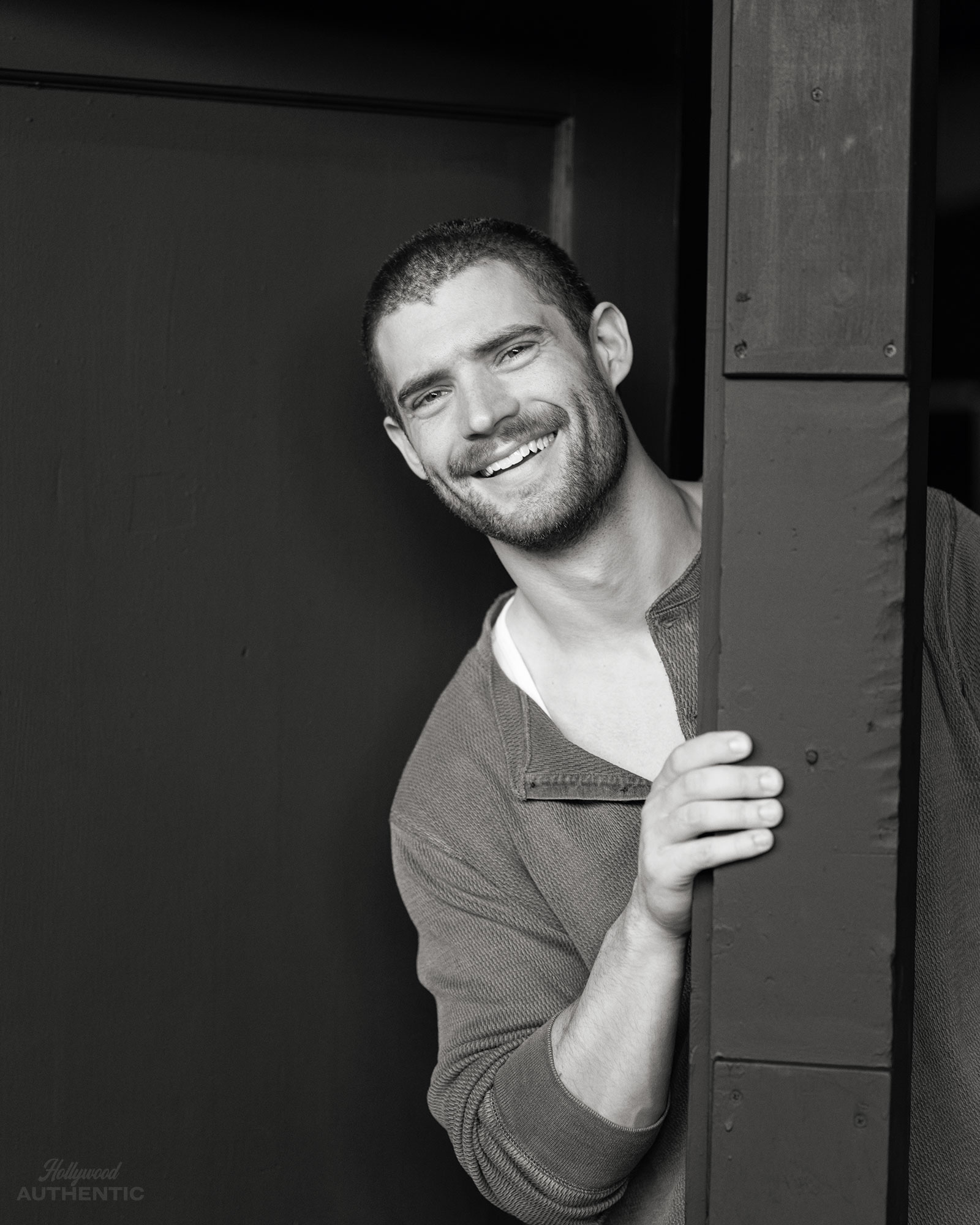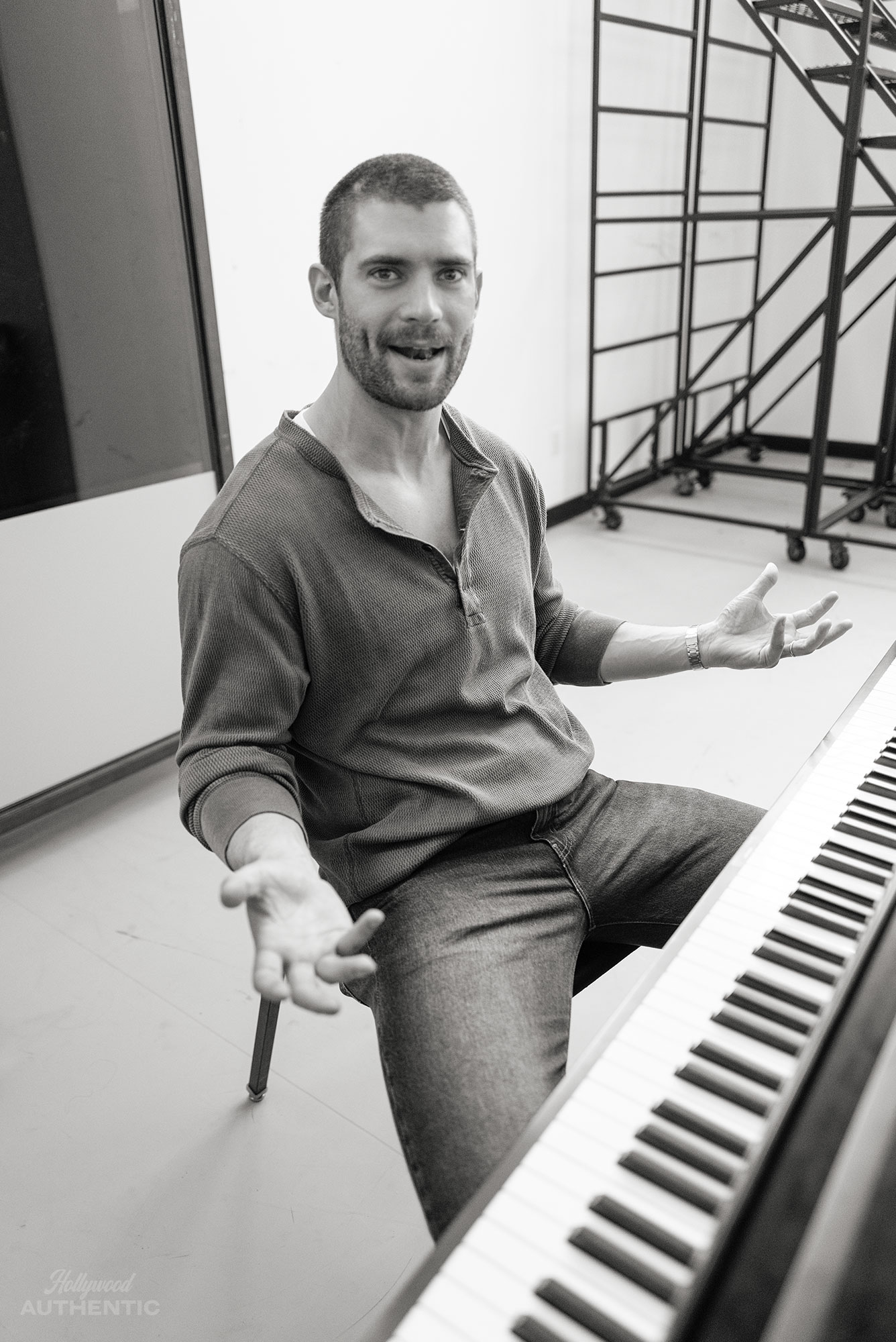Photographs & interview by GREG WILLIAMS
As told to JANE CROWTHER
Actor and producer David Jonsson reflects on his acting journey and the dreams made real in a career he’s building for the long run.
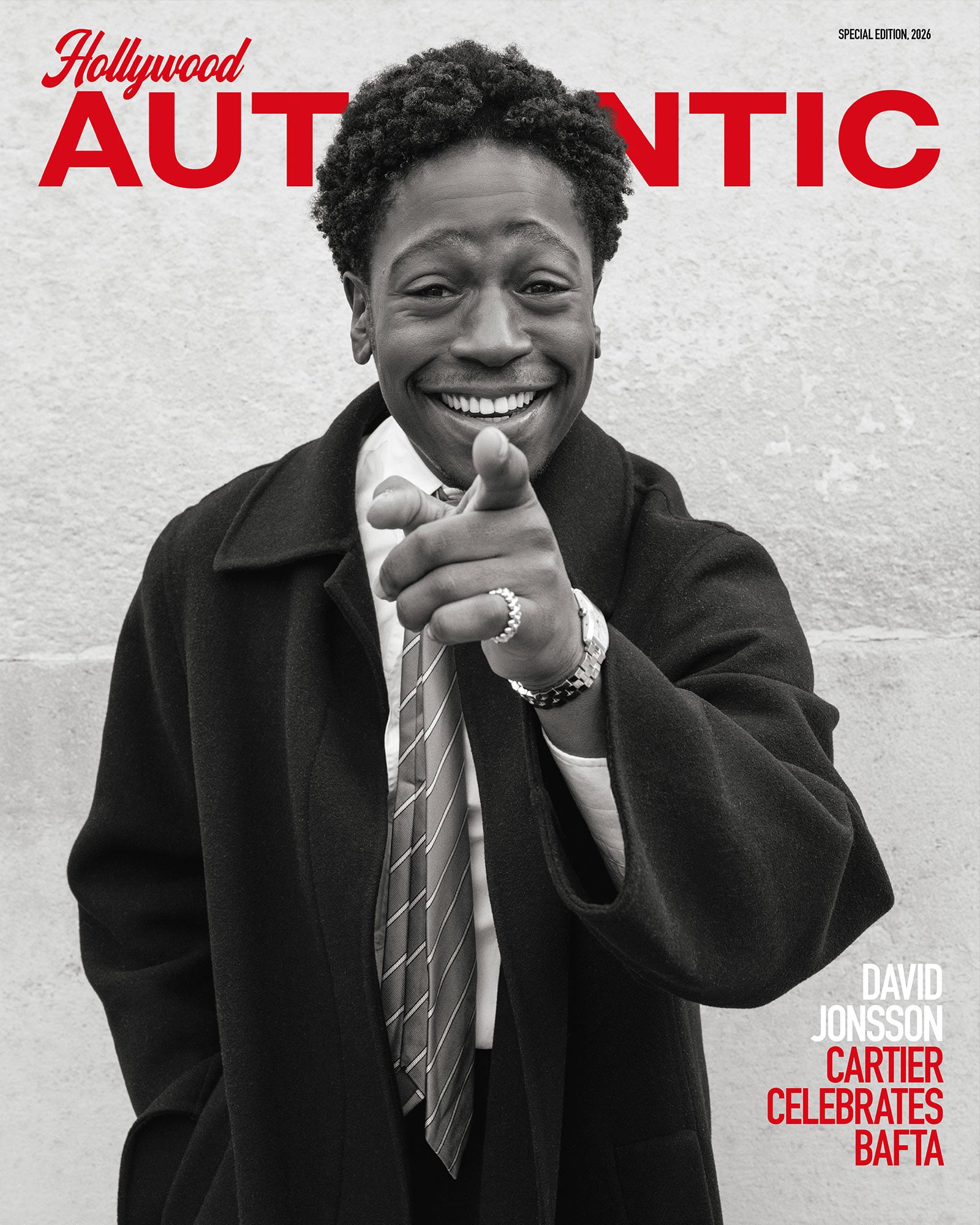
David Jonsson gazes out over Mayfair from the floor-to-ceiling windows of a top-floor suite at the Chancery Rosewood hotel, sipping his third cup of coffee. ‘I’ve moved all about different parts of London now,’ the British actor and producer says, ‘but East London is home.’ Last year’s recipient of BAFTA’s coveted Rising Star Award (which is where we first met) has been working all over different parts of the world as his career has taken off, but the UK’s capital is still where he lives, and the place that keeps him grounded. ‘My family are Creole. We have African and Caribbean influences that all feel very represented in East London and it’s one of those places that’s very community-based. Everyone knows your business. I guess the more work I’ve done, the more I want people not knowing my business,’ he laughs.
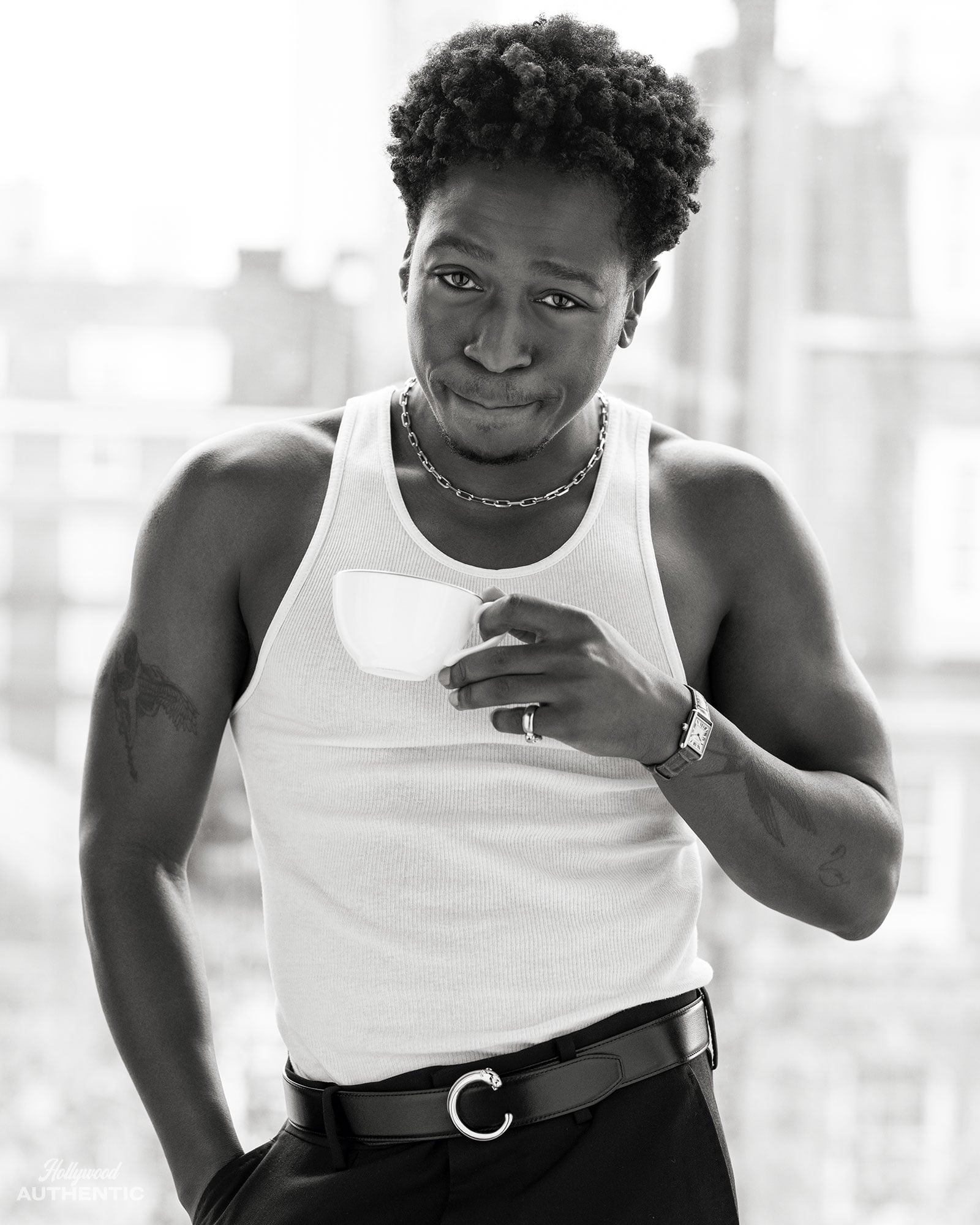
That work has become more and more high profile since David broke out as a posh boy in TV show Industry – moving quickly to film roles such as beloved romcom Rye Lane (‘We started at Sundance and finished at the BAFTAs – I feel so honoured that I got to be a part of that, and got to make it my own,’), sci-fi blockbuster Alien: Romulus, dystopian Stephen King adaptation The Long Walk and his current release, gritty prison drama, Wasteman (which he also produced). His next couple of projects are exciting: playing Sammy Davis Jr to Sydney Sweeney’s Kim Novak in Colman Domingo-directed biopic, Scandalous, a role in Frank Ocean’s top-secret move to film, and a road movie, Chaperones, reteaming him with his Long Walk co-star Cooper Hoffman as well as Paul Dano. As he looks across the high-end buildings of this part of town, David considers the progress he’s made from being a Canning Town kid who dreamt of acting, and used to sit on a park bench in Berkeley Square wondering if he’d ever move in such circles.
We’ll get to that bench later, but for now I suggest we head downstairs to grab some sushi in the hotel’s restaurant. As we get in the lift I ask what being a Cartier ambassador means to someone who grew up with limited means in Custom House. ‘My family didn’t have much growing up,’ he nods. ‘My mum got this one Cartier ring for my dad when he was doing kind of alright, and it’s in the family. I’ve also got a watch that I had that I just thought I’d never get something like that. So now I’m working with them, it’s bloody awesome. What I’m doing now, my friends are like, “We didn’t know that was possible.” Depending on where you grew up, it dictates what is possible, or what you think is possible. So I feel very, very lucky.’ Self-described as an introvert, David thinks his watchful nature – cultivated by having four older siblings and keeping his head down in East London – is what makes him the actor that he is. ‘Sometimes you’ve got to be on. If I can put it into a character, I’m winning. Someone asked Marlon Brando what he did and he said, “I’m a con artist.” I’m not, but maybe I am…’
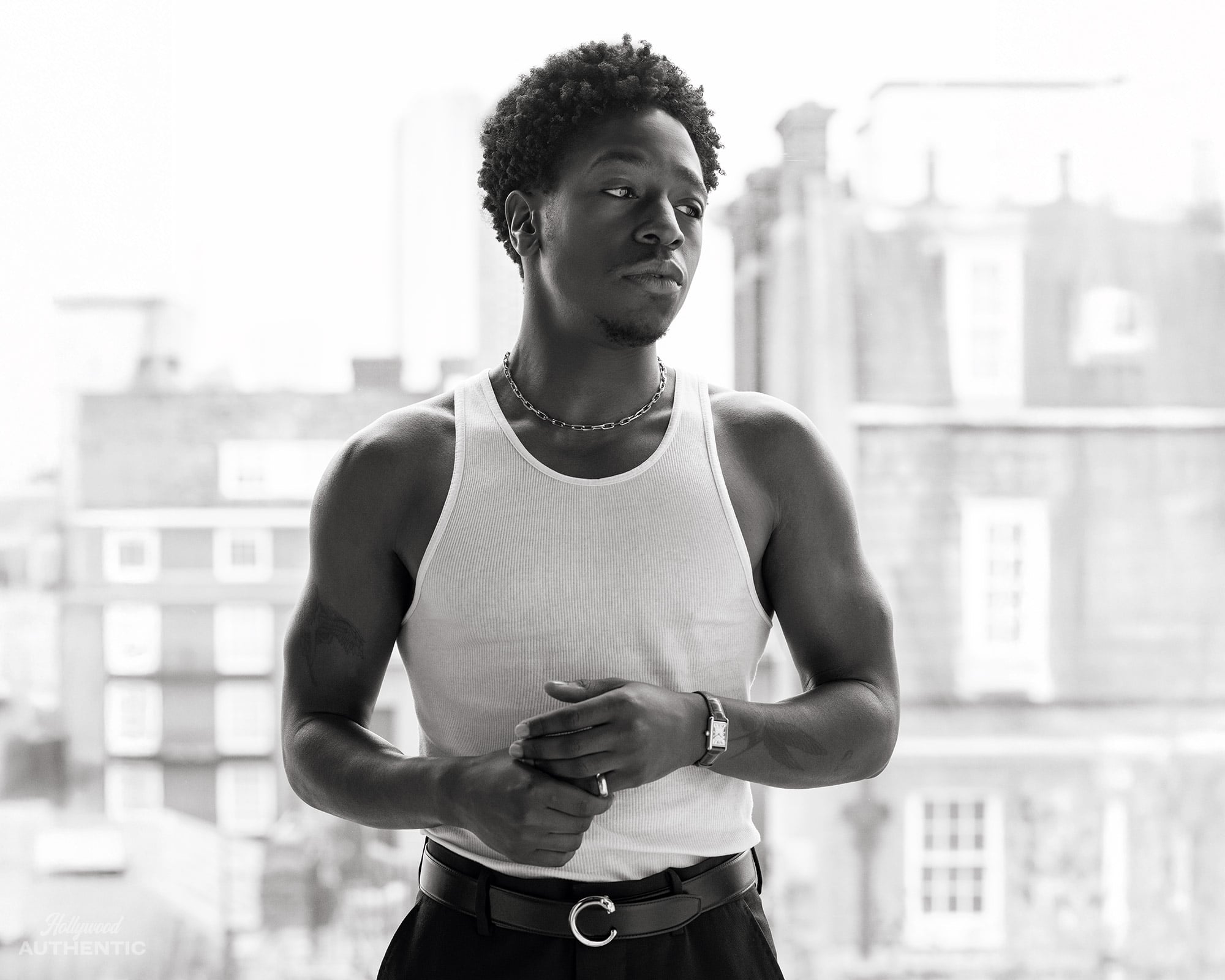
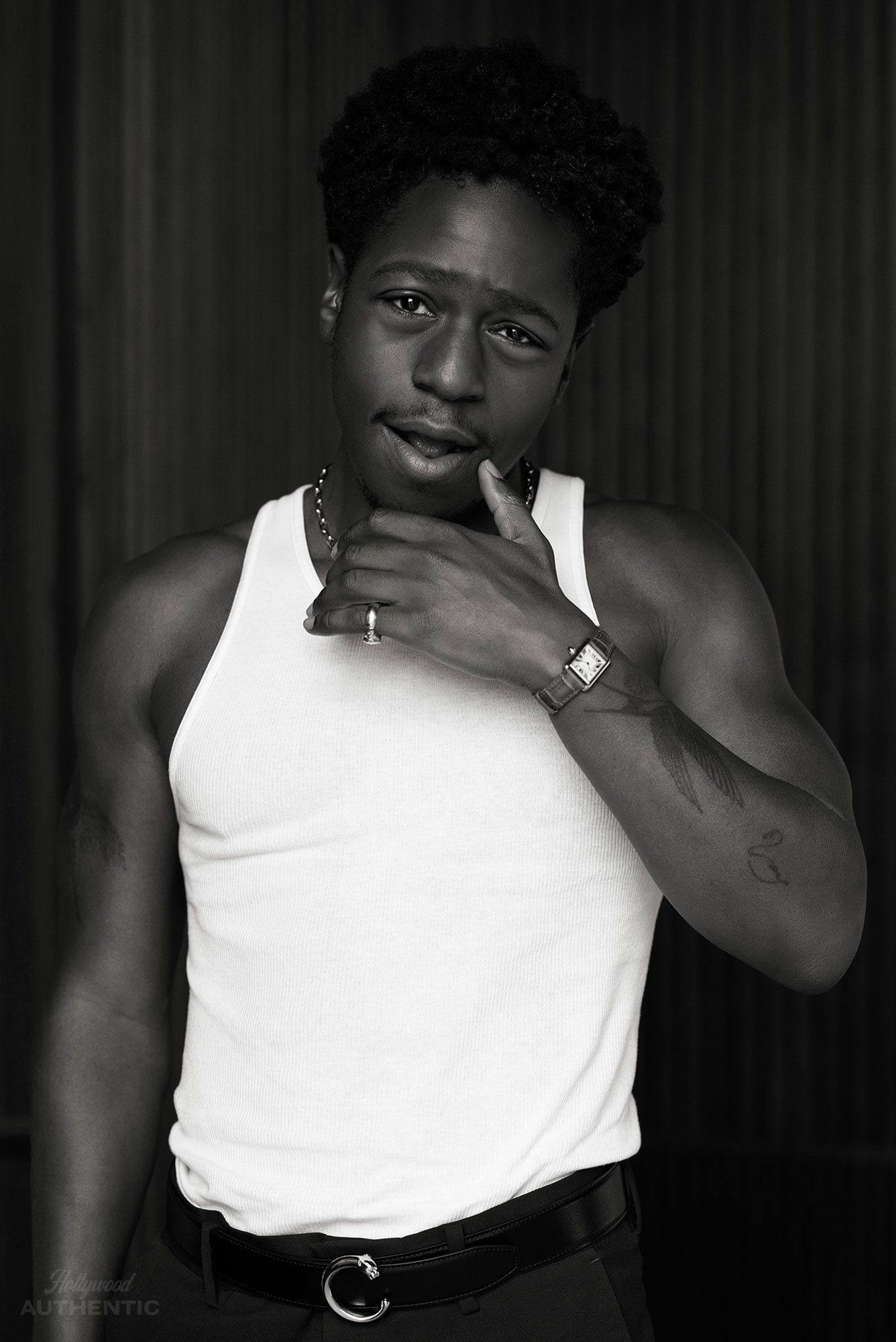
My family are Creole. We have African and Caribbean influences that all feel very represented in East London and it’s one of those places that’s very community-based
He also admits to imposter syndrome, but there was no counterfeit when he won the EE BAFTA Rising Star Award in 2025. ‘That award meant more to me than anything, because it was BAFTA, but also it’s an award voted for by people. Now, listen, I love making movies, I love characters. But if people aren’t watching your stuff… So people getting behind me, and my work being received – it was proof. That meant everything.’ He’s told me previously about manifesting for his future as a younger man, so I suggest we head to where he used to dream. We jump in a cab and head to Berkeley Square.
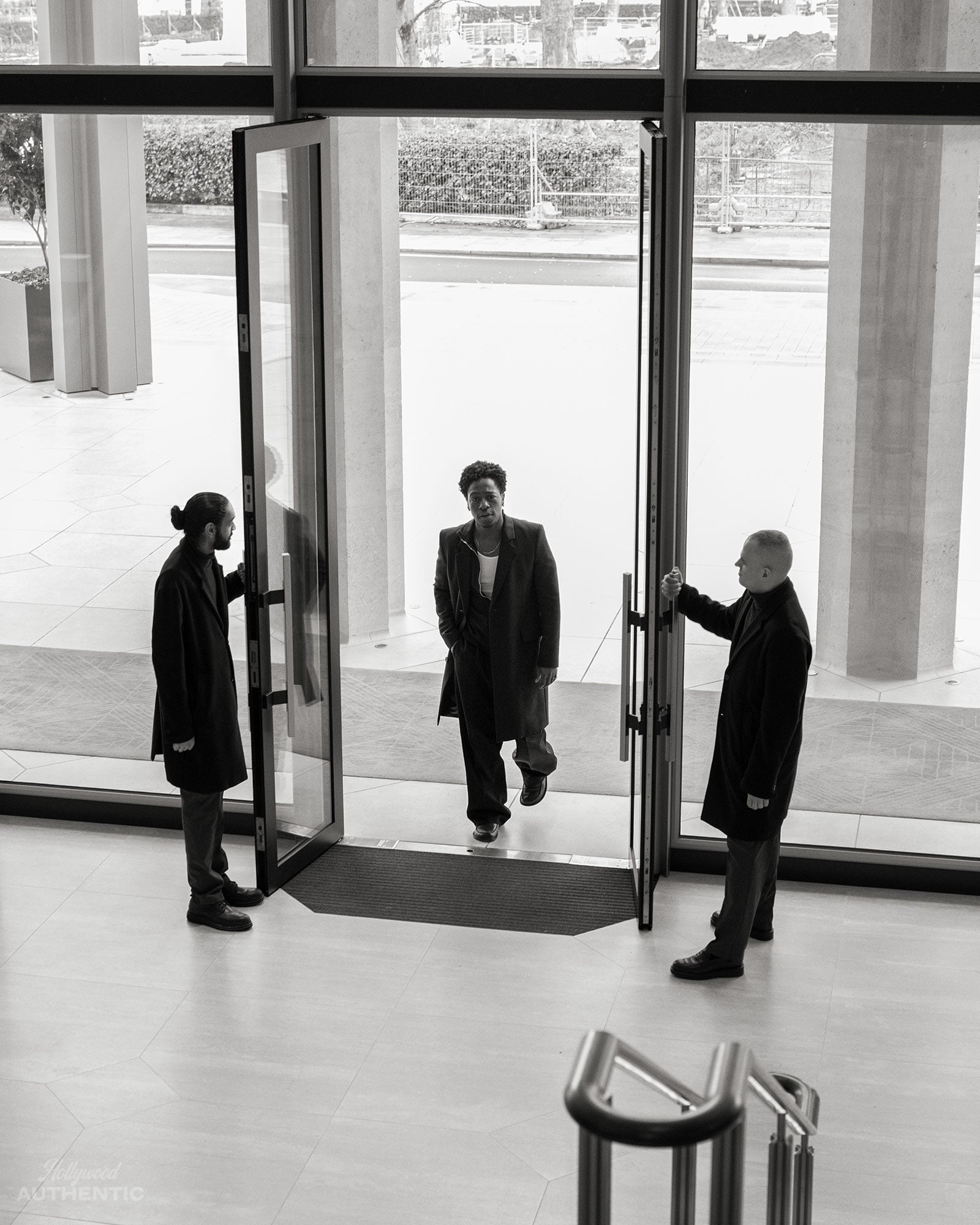
‘I used to work at Abercrombie & Fitch. It was when I had nothing. It was in between me living in New York from 16 to 18 [he attended The American Academy of Dramatic Arts on a scholarship]. I was skating, and just messing about – I came back, and I did anything I could. I worked in bars and pubs, anything. I was a model at Abercrombie & Fitch and I remember walking on my lunch breaks. So I came to this square. I used to sit on a bench and just look around me. I used to think, “How am I going to get here?”’ We arrive at the square and walk to a bench near a towering tree. ‘My mum and my dad were always like, “If you’re going to do it, throw yourself into it. Give it everything.” This was my bench. I was 18. It was just before I got into RADA.’ I asked what the 18-year-old might say to see him sitting here now. ‘I reckon he’d be like, “You’ve done well. Keep going. Keep going.” I’m just trying to keep going.’
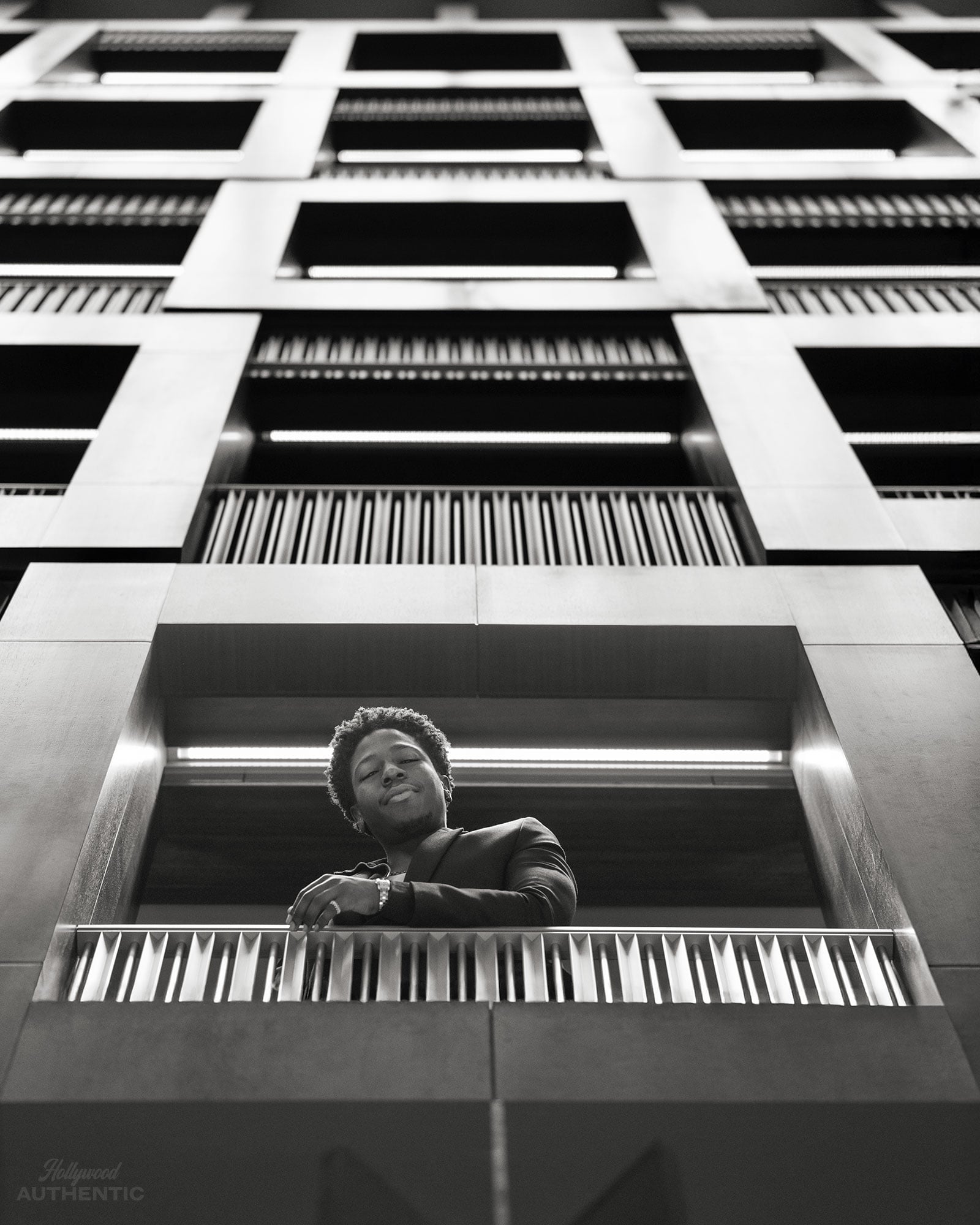
He’s doing more than keeping going: his latest project Wasteman sees him play an inmate nearly at parole and coping with a drug-dealer new cellmate, while trying to get back home to his little boy. It’s a visceral, tense and authentic study of the dynamics of prison life. The road to playing the role has been long and winding. David first auditioned for it straight out of drama school, but funding for the film fell apart. He went on to a series of informative theatre roles, but still thought about the project. Six years later he met producer Sophia Gibber and together they produced the film. ‘We shot it for 18 days. I lost 25lb to play the role, I was eating 800 calories a day. It should have been the hardest thing I’ve done. But I loved it. Most of my co-stars were ex-prisoners. It felt like we were doing something that was beyond Hollywood. It’s fertile ground for starting a company – trying to make sure that these films that I think are brilliant, entertaining, but also culturally relevant, get made.’ David shared that he and Sophia founded their production company greyarea., because ‘the stories we love don’t live in black and white. They live in the contradictions, complexities, and all the emotional truths in between – that’s where the most compelling storytelling happens.’
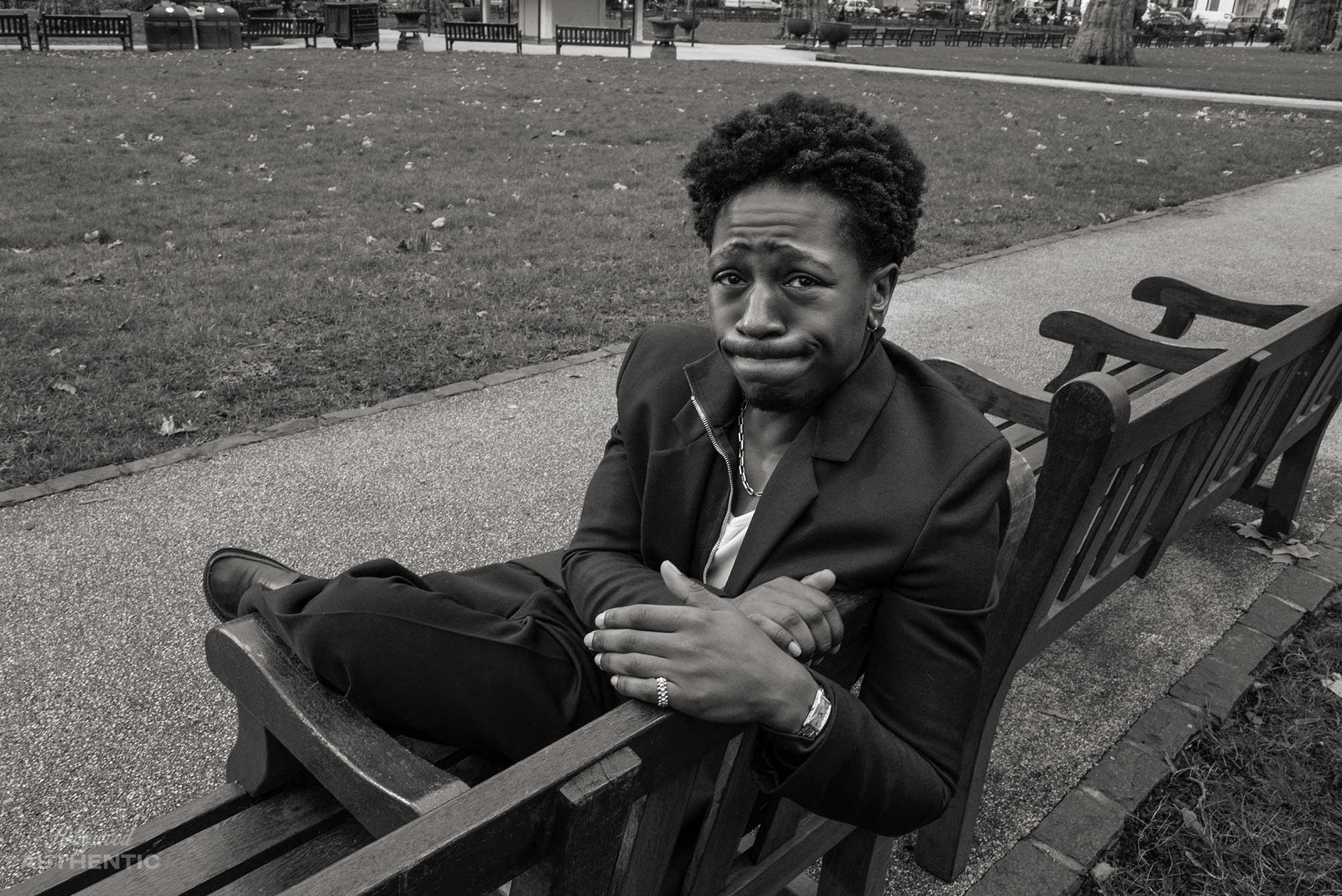
I remember walking on my lunch breaks. So I came to this square. I used to sit on a bench and just look around me. I used to think, ‘How am I going to get here?
The project has inspired him, but also made him appreciate not producing on a story and being able to concentrate on acting. ‘I don’t remember takes, I don’t watch playback, so I don’t even know what I look like on screen,’ he admits of his approach. ‘Maybe I could learn more about what I’m doing, and how things are. But right now, if I look at playback, I feel like I’m doing the job that the audience is meant to do. It’s not my job. It’s a great director’s job.’ Scandalous and the untitled Frank Ocean film are thrilling and allow him to focus purely on his craft (though he’s not at liberty to talk about either yet) and he looks at Michael B Jordan’s career as one to admire. ‘I just want to have a sustained career, and do what the fuck I want,’ he says. ‘You know, the great thing about acting is that you get the chance to hold a mirror up to people. That mirror is me. I care a lot about this job. No-one in my family, or where I’ve come from, has been able to do this. Which puts a pressure on you. You see other people sometimes just wing it. I’m not one of those people. I just can’t. I get that probably from my mum. Growing up in a single-parent household wasn’t easy at all, especially in East London. My brother and my sister did a lot of raising me. Those tough times, you remember. But you use them for something better now. Escapism is for the audience. Immersing is for the actor.
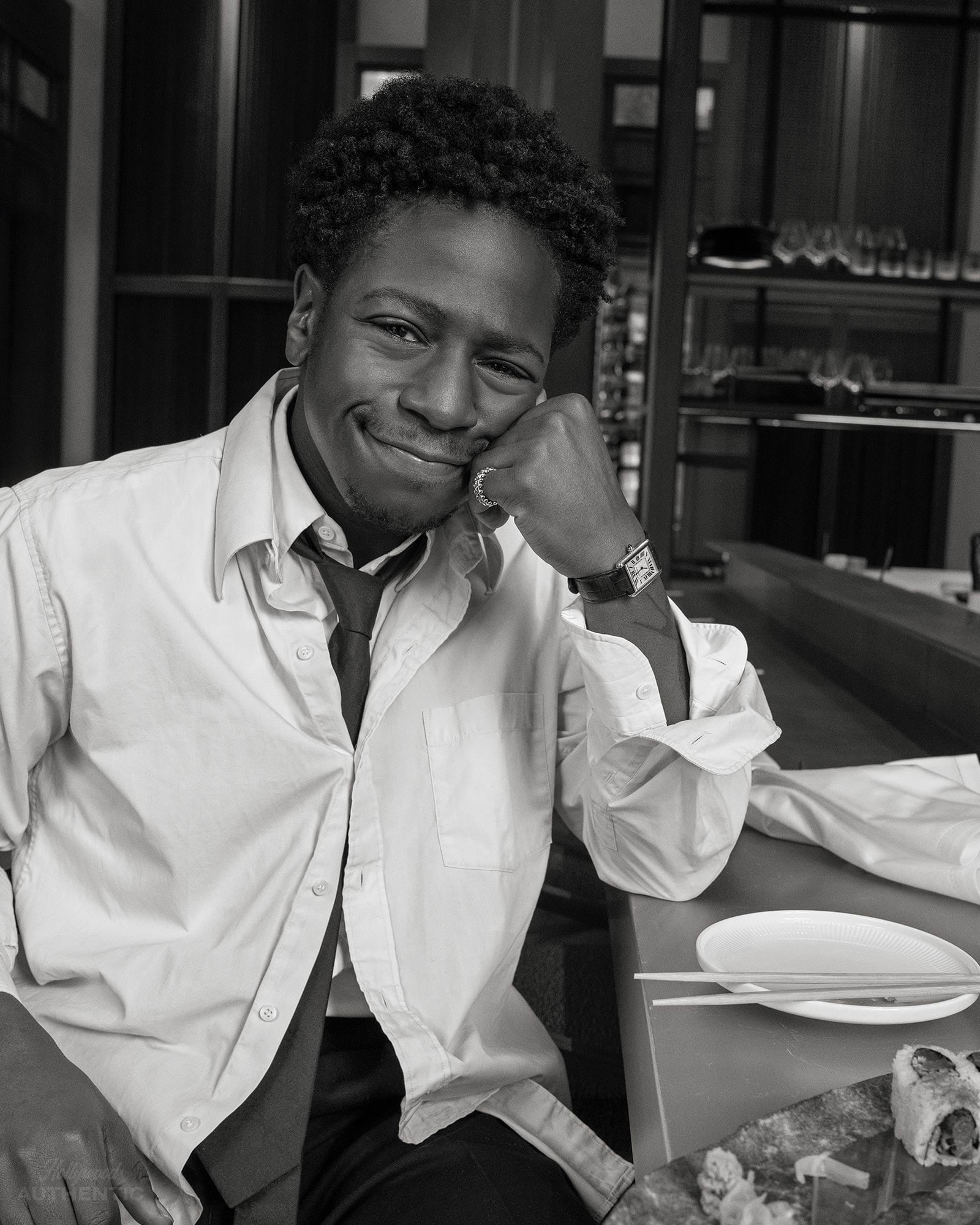
‘We celebrate fast success sometimes, and it doesn’t always come that quick. I look at someone like Colman and see you’ve got to really build something to have something strong.’ I suggest that, at 32, he’s been acting for half his life, so he must be doing something right. ‘I’ve got to get over this, I think. I’m still really shocked that I’m here. I’m not motivated by needing to work and do different things. I say no more than I say yes. And not because I think I’m better than anyone, but just because it’s not for me. So it’s that feeling of doing it my way. It’s awesome. I just want to remain playful, and try not to think too much.’
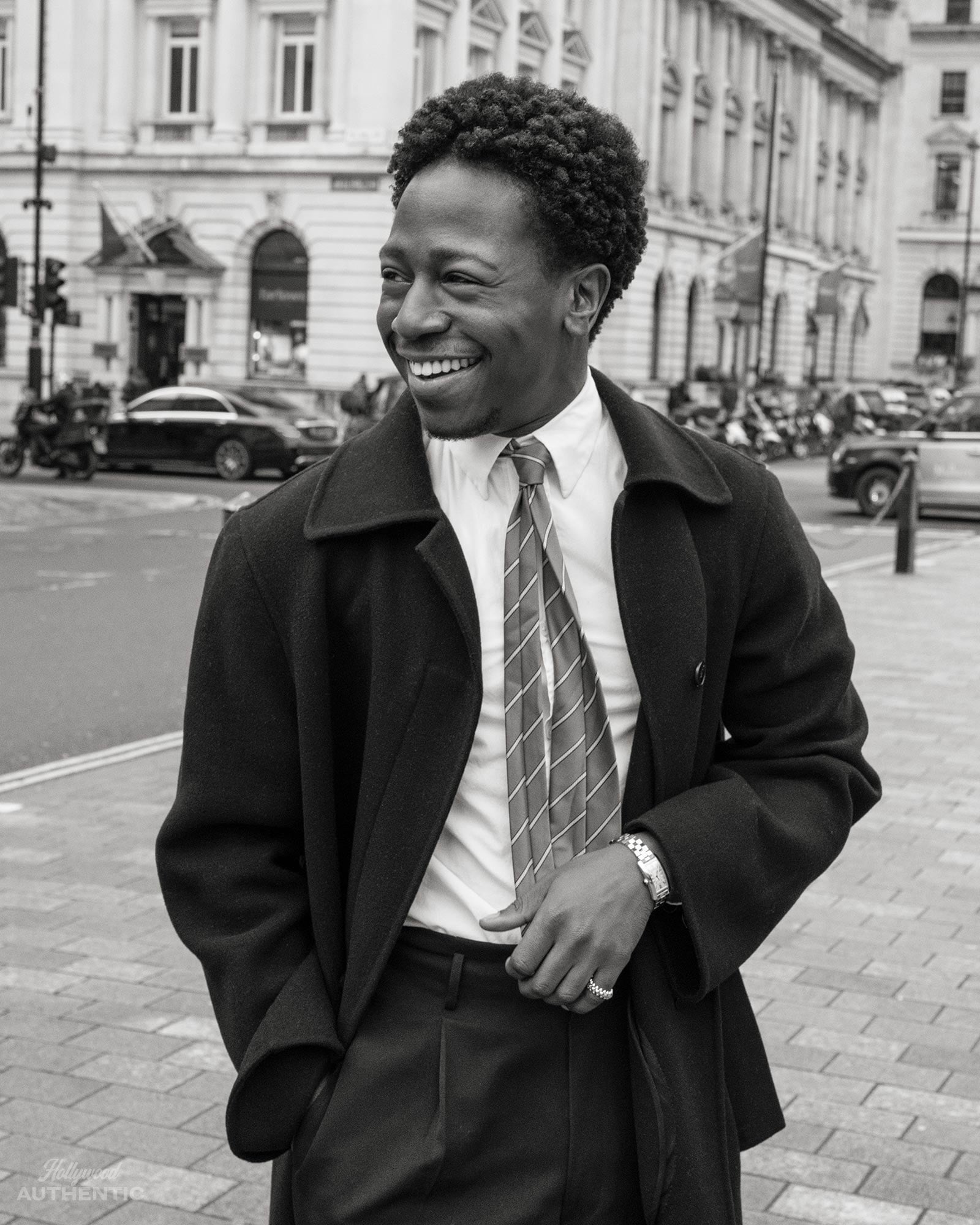
That said, he is keen to flex in a different direction – away from the quietly-spoken, sweet guy he is in person. ‘People are like, “You’re so nice.” I’m like, “I’m not nice. I’m a good person, but I’m not nice.” I think there’s a darker side of me that I’d like to explore more, which is happening. You want to show a bit more spectrum. I don’t have a plan. I want to just be able to move a bit. I’m having too much fun right now…’
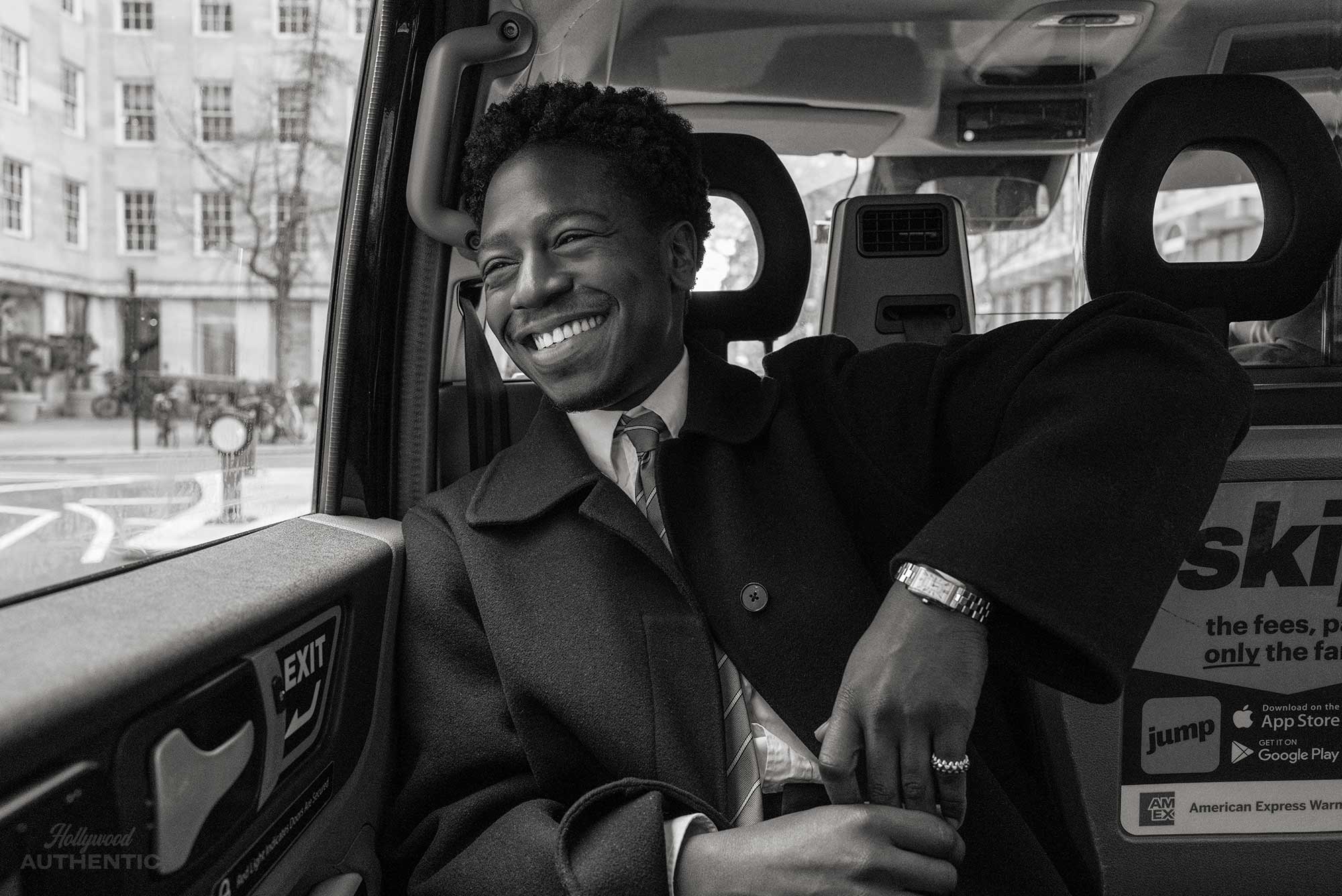
Photographs & interview by GREG WILLIAMS
As told to JANE CROWTHER
Wasteman is in cinemas now
Groomer: Isata Allen
Thanks to the Chancery Rosewood, Mayfair, London
David wears:
Santos de Cartier necklace (Medium model), 18ct white gold
Tank Louis Cartier watch (Small model), mechanical movement with manual winding, 18ct rose gold, leather strap
Panthère de Cartier ring, 18ct yellow gold, onyx, black lacquer, tsavorite garnets
Panthère de Cartier belt, black calfskin, golden-finish buckle
Cartier Tank Américaine watch (Small model), High-autonomy quartz movement, 18ct yellow gold
Clash de Cartier ring (Medium model), 18ct yellow gold
Cartier LOVE earrings (Small model), 18ct yellow gold
Tank Louis Cartier watch (Medium model), mechanical movement with manual winding, 18ct yellow gold, leather strap
Clash de Cartier ring (Medium model), 18ct yellow gold


